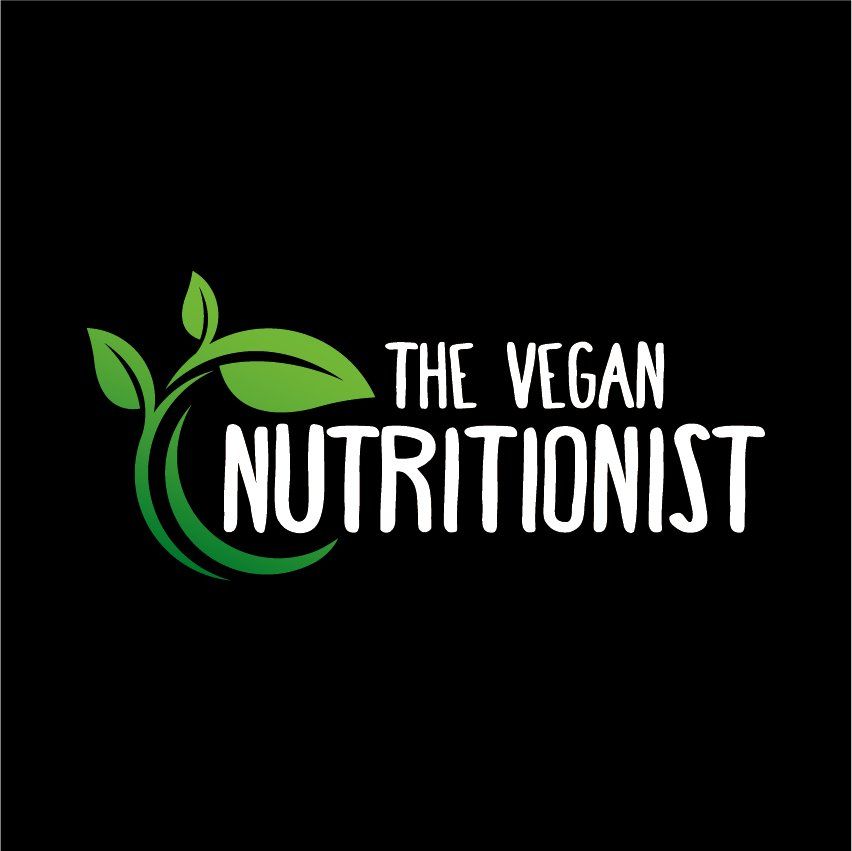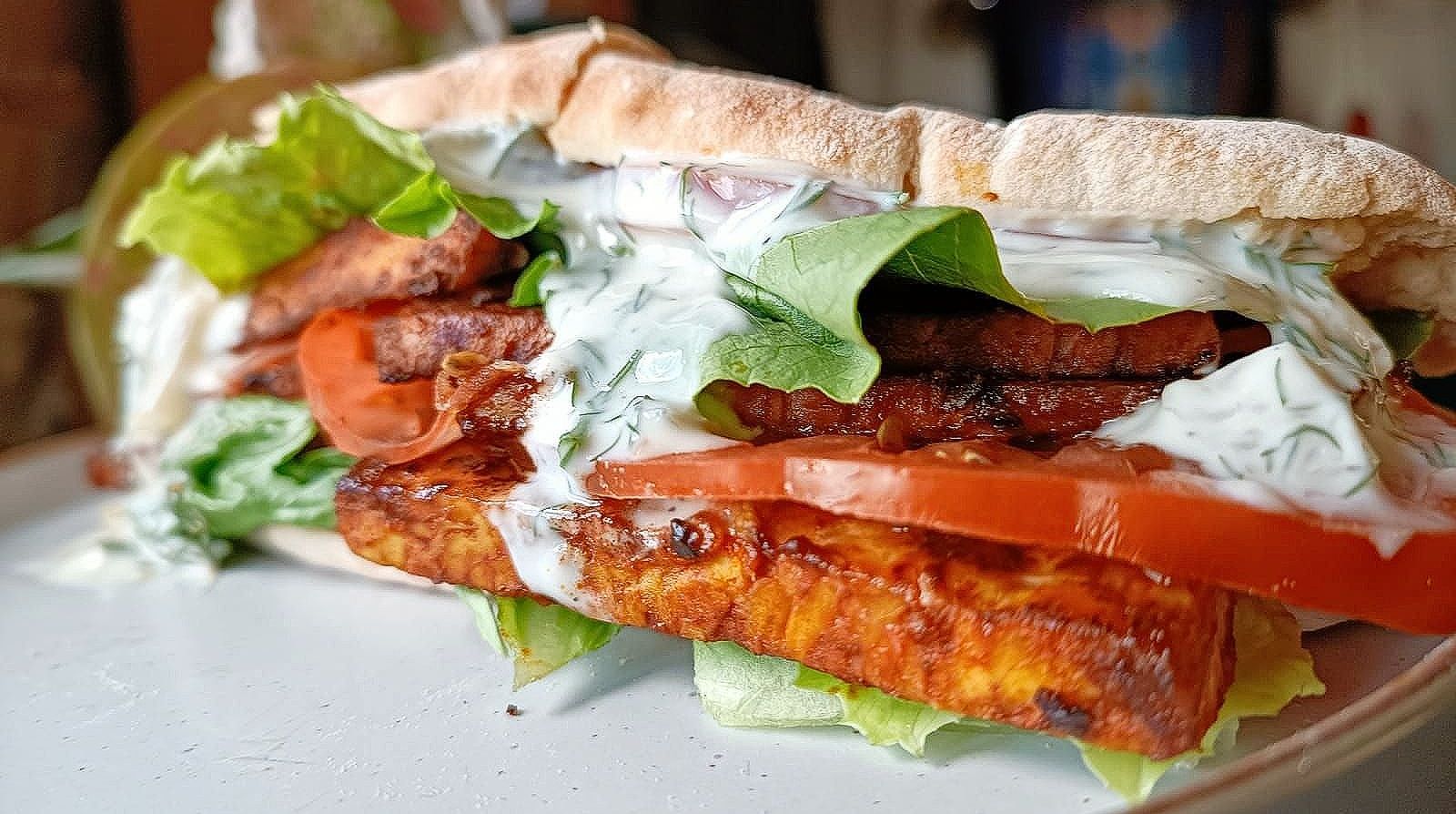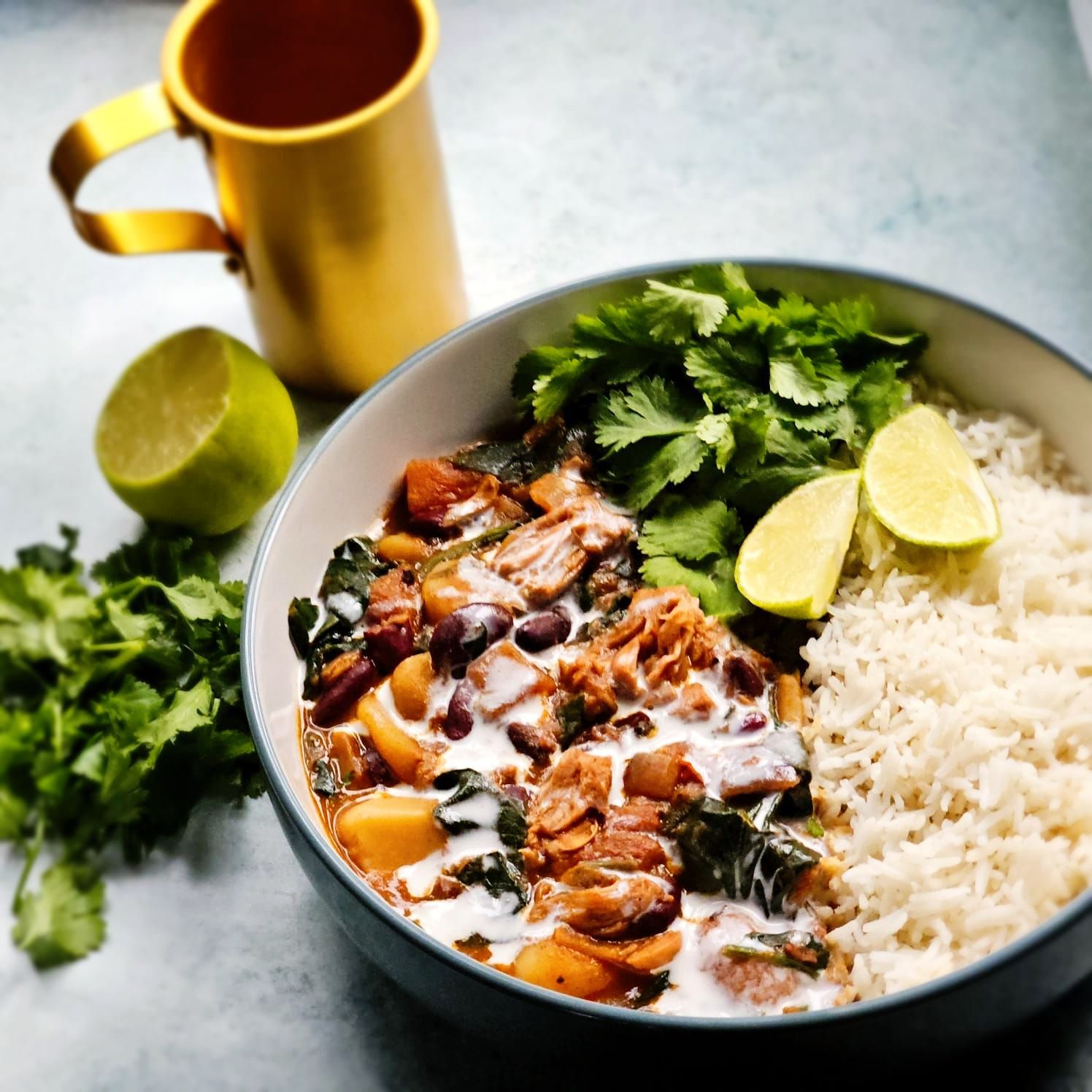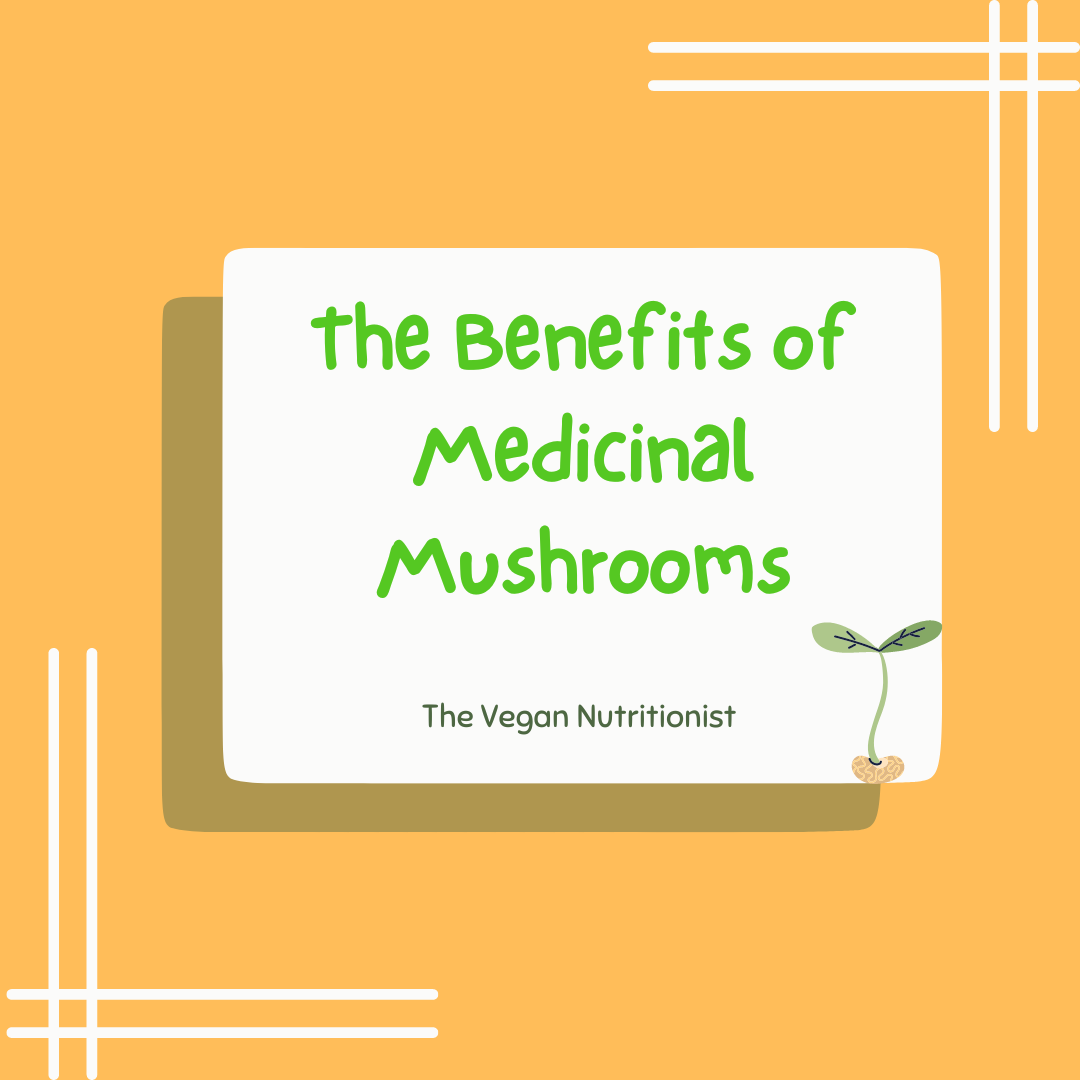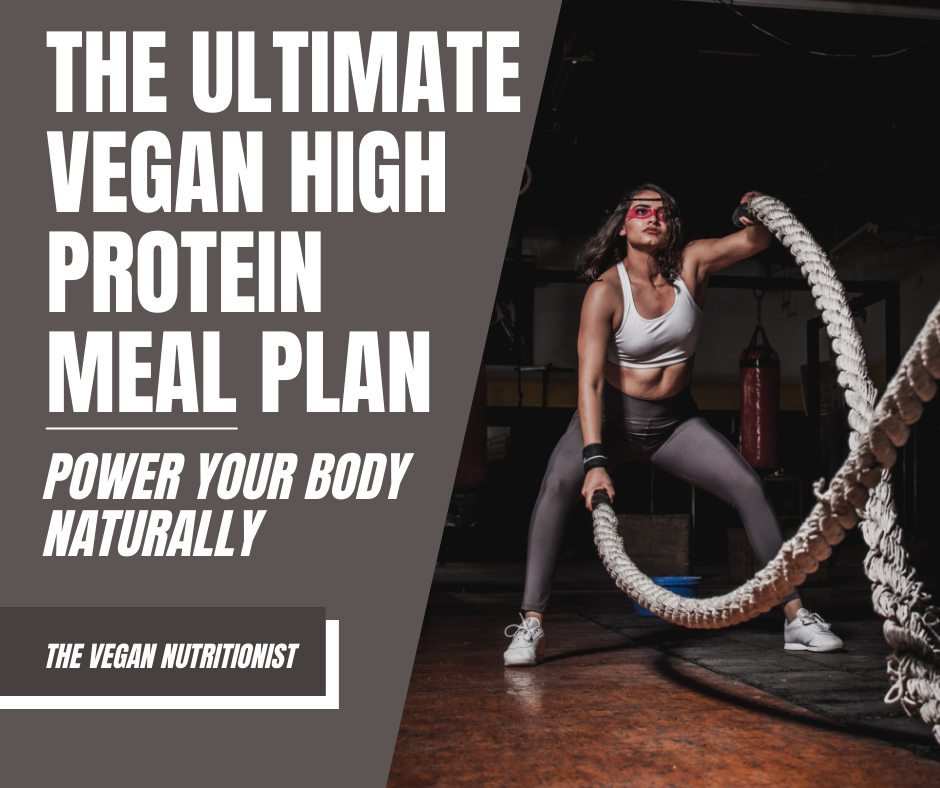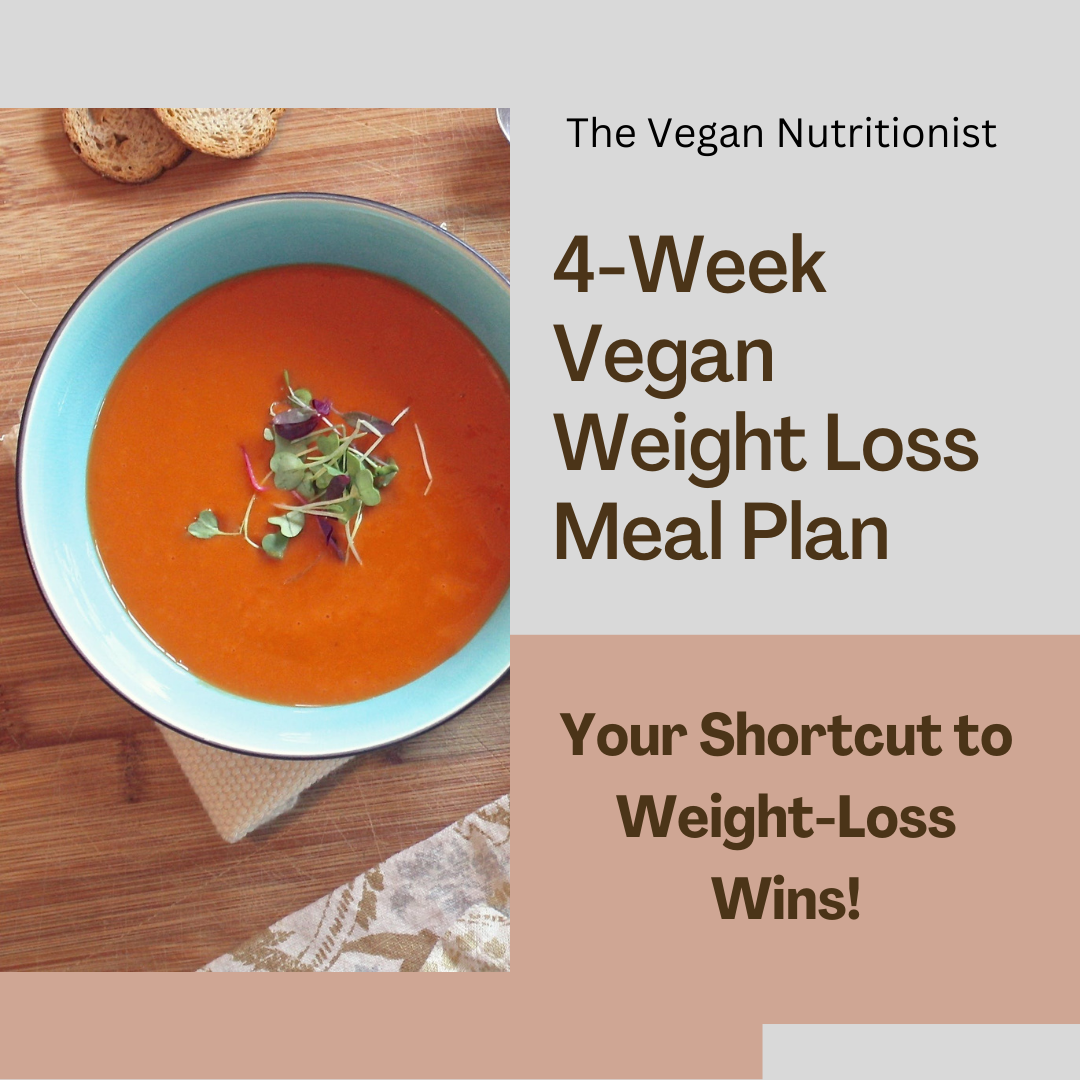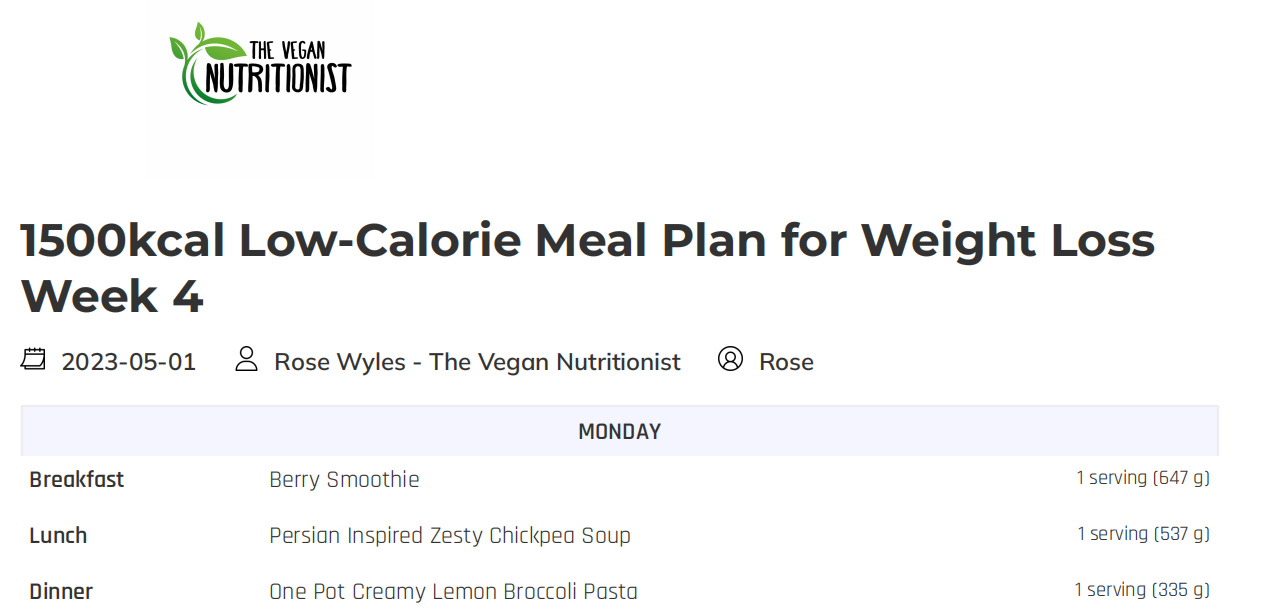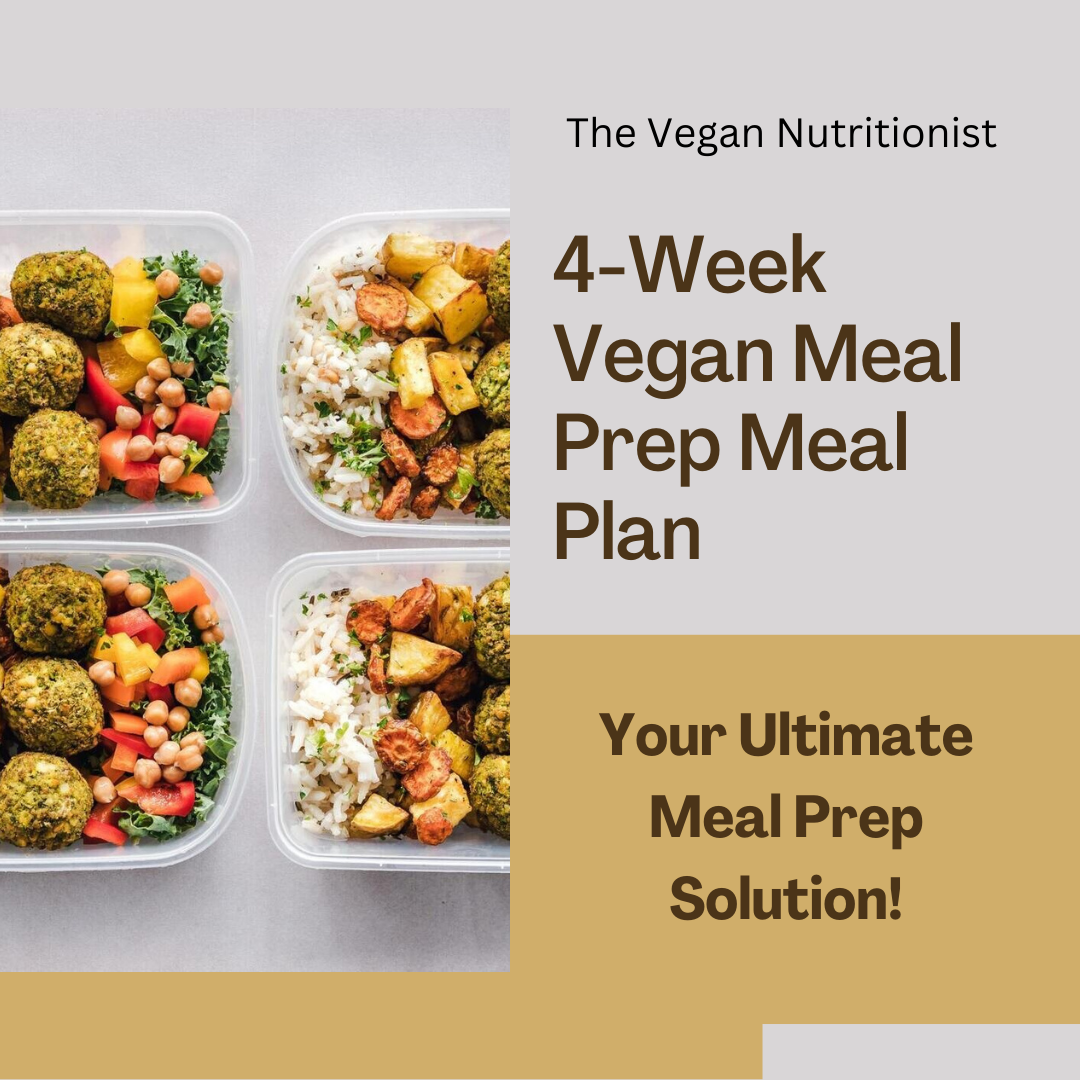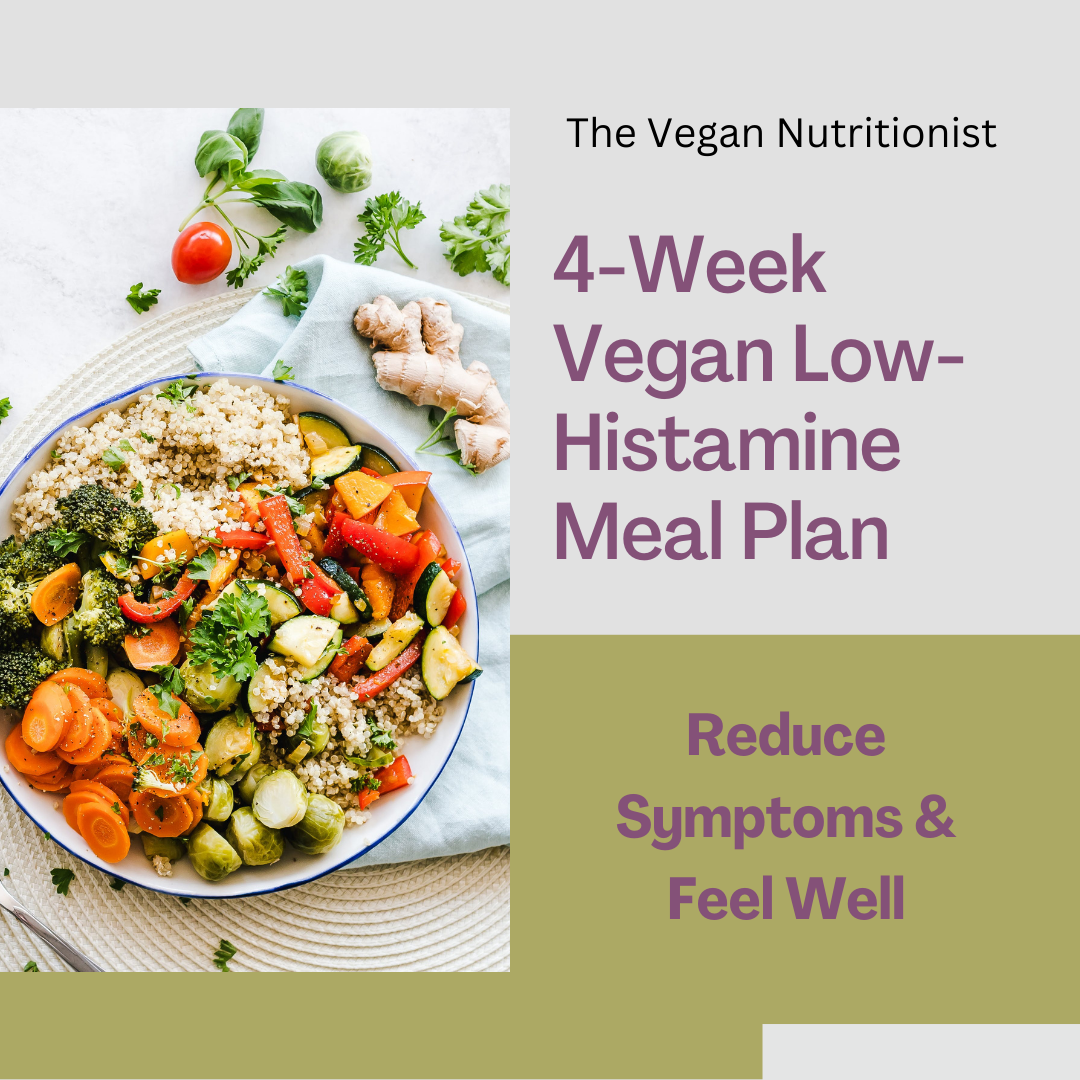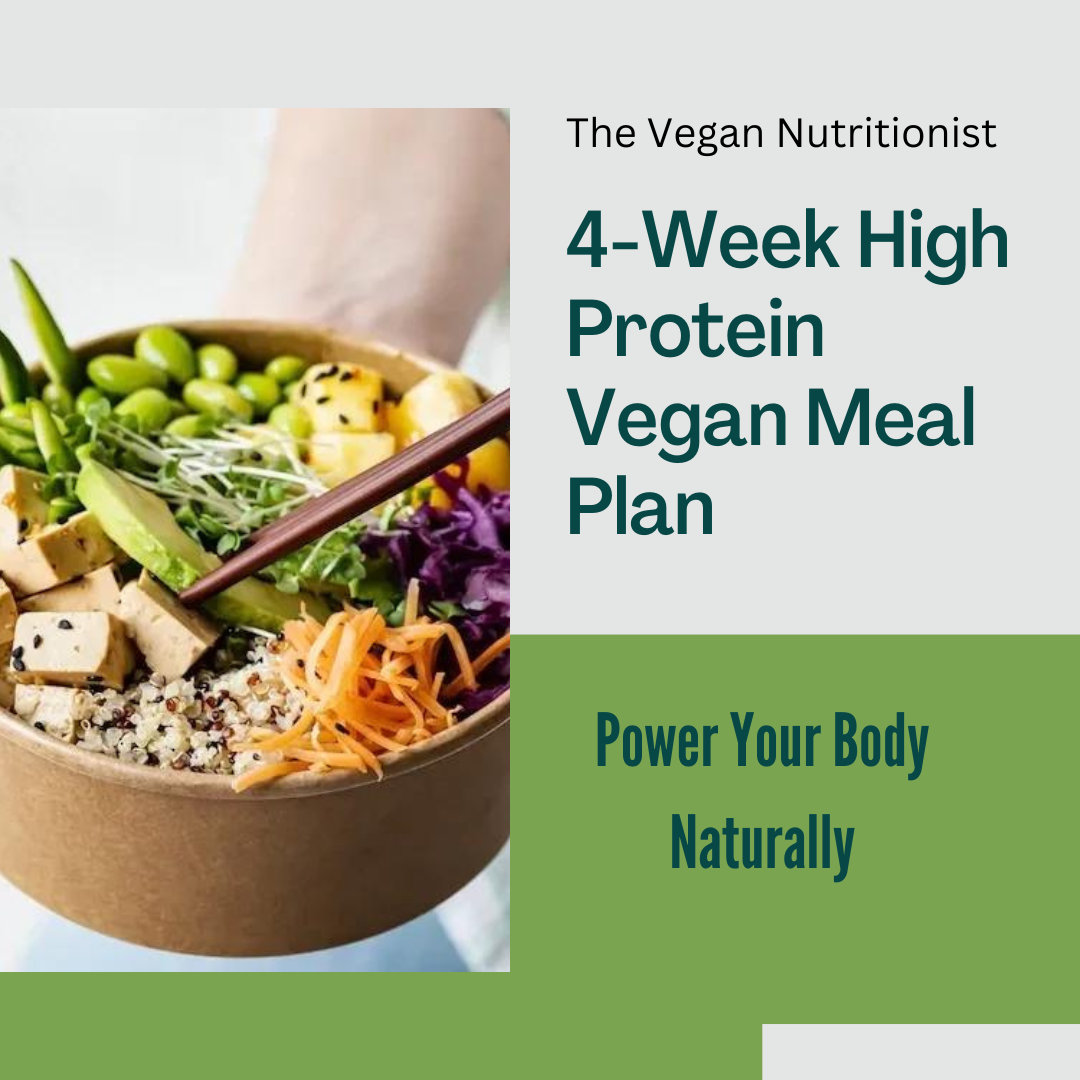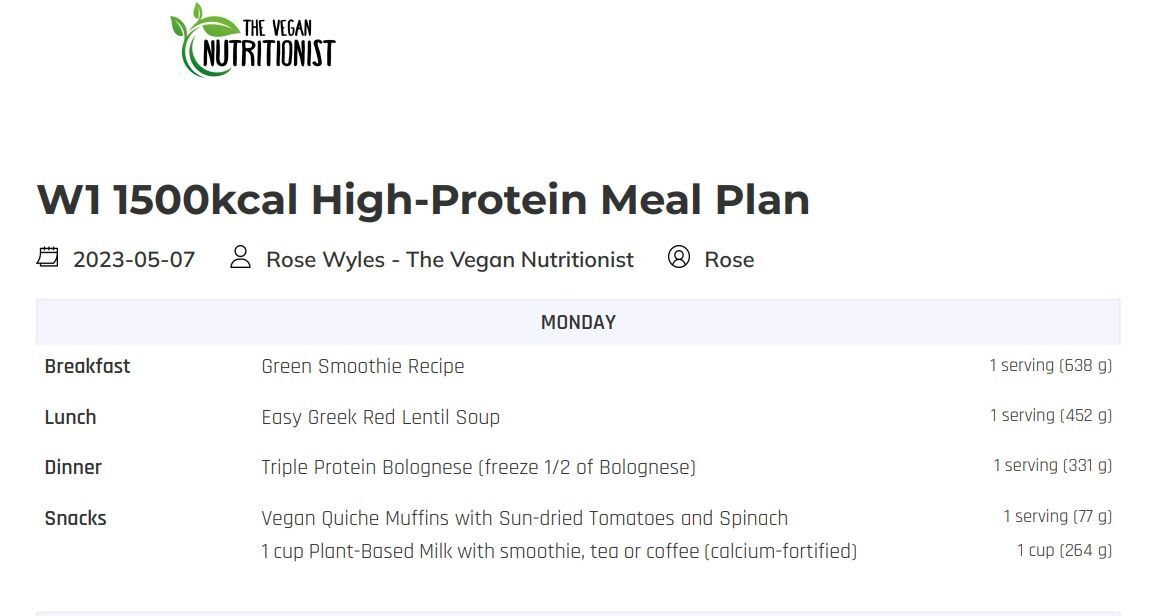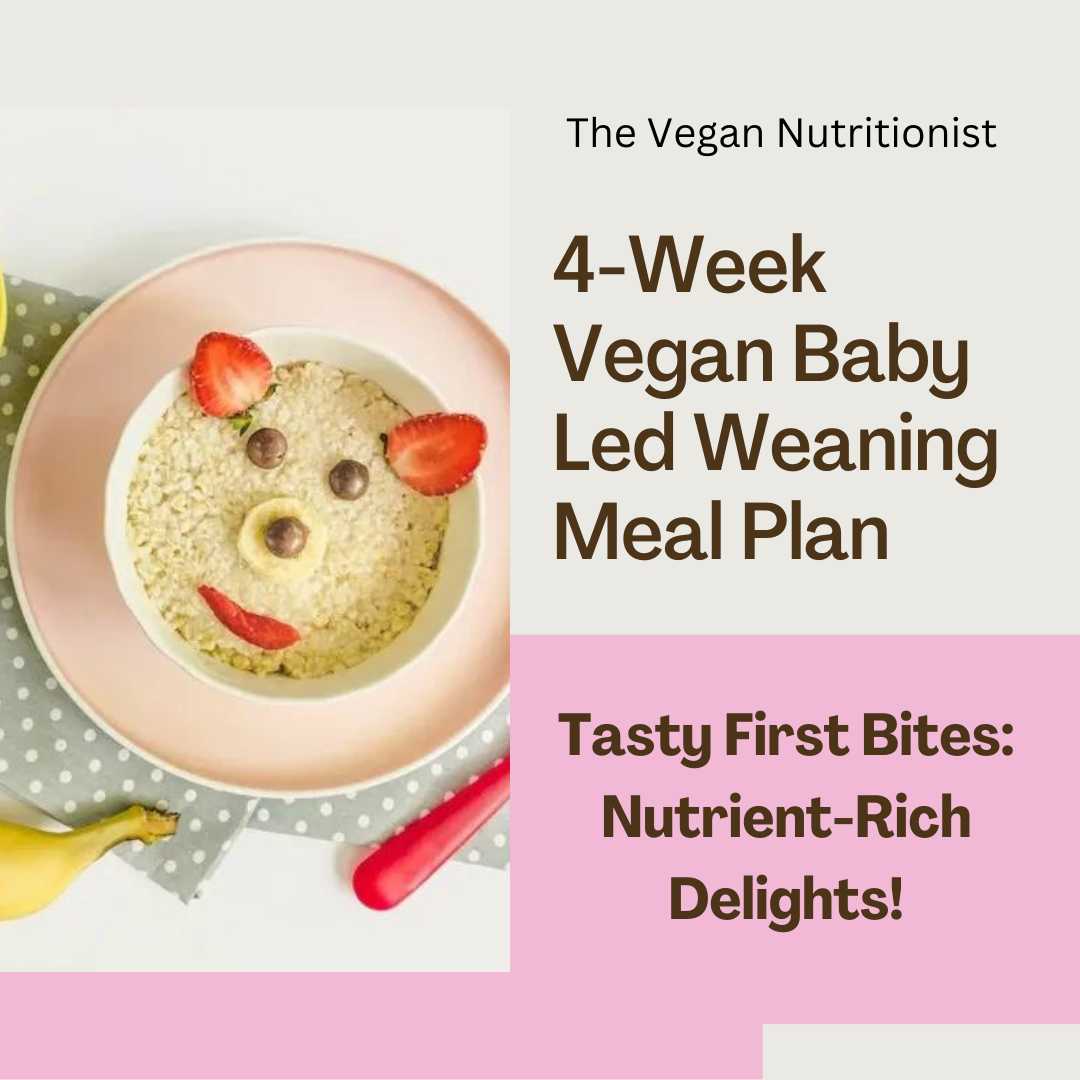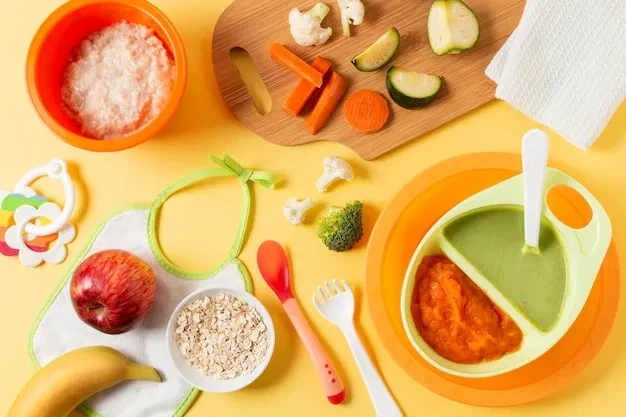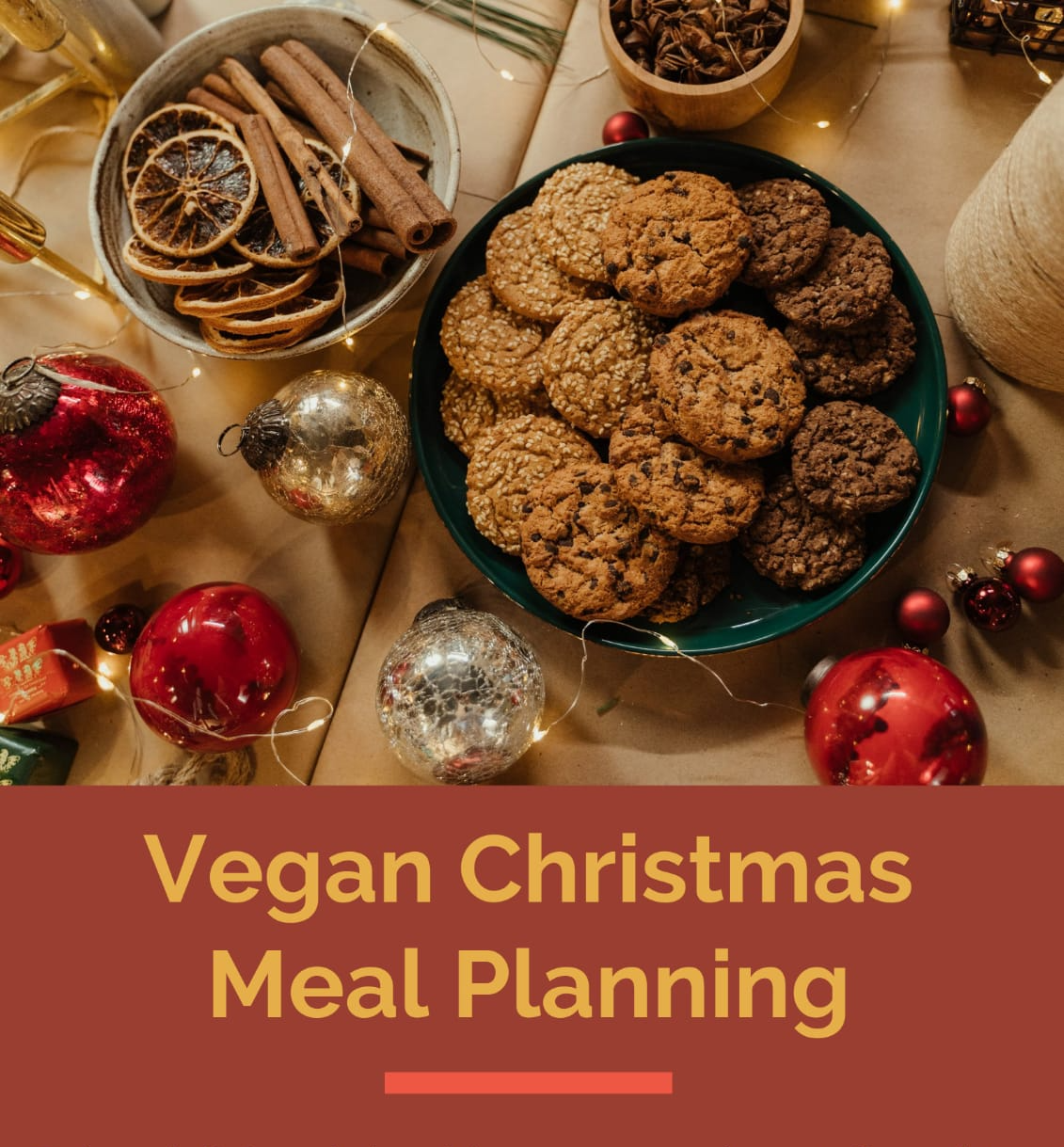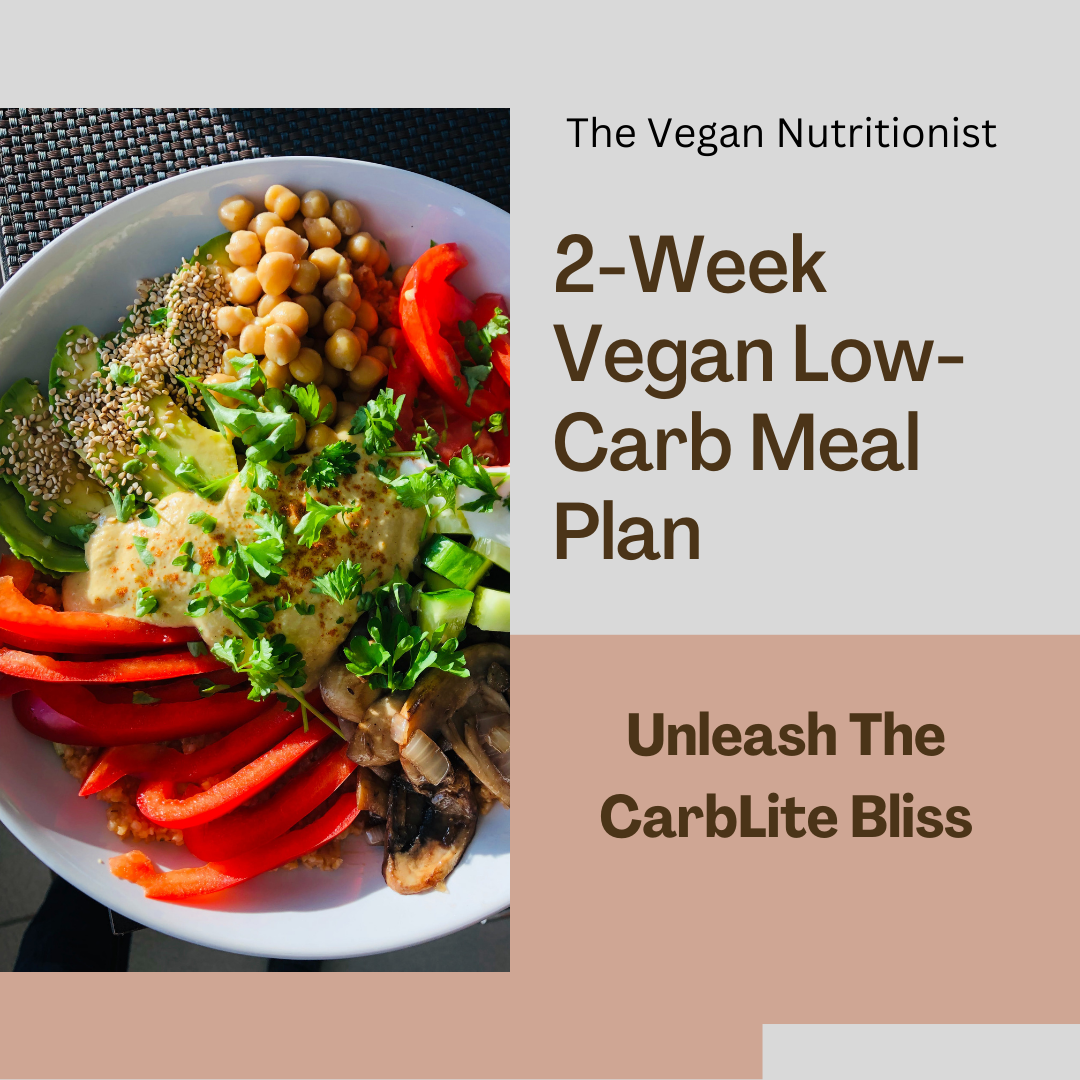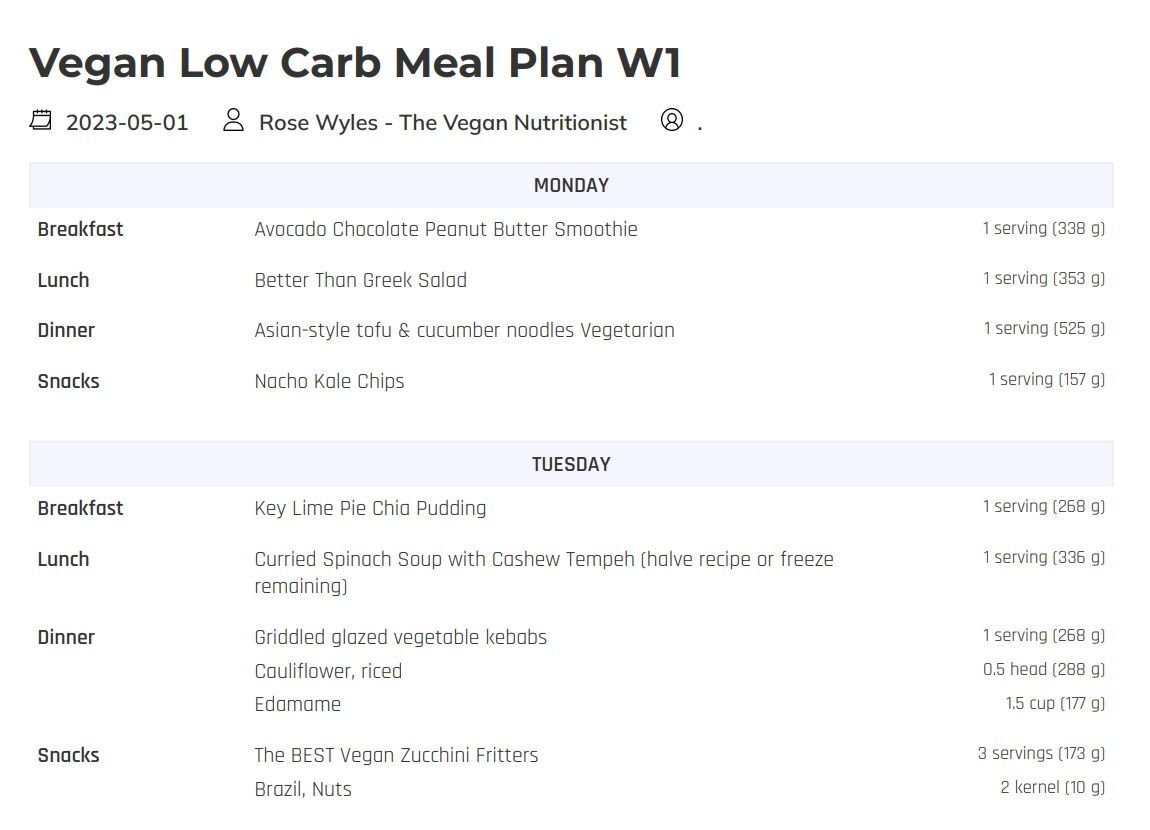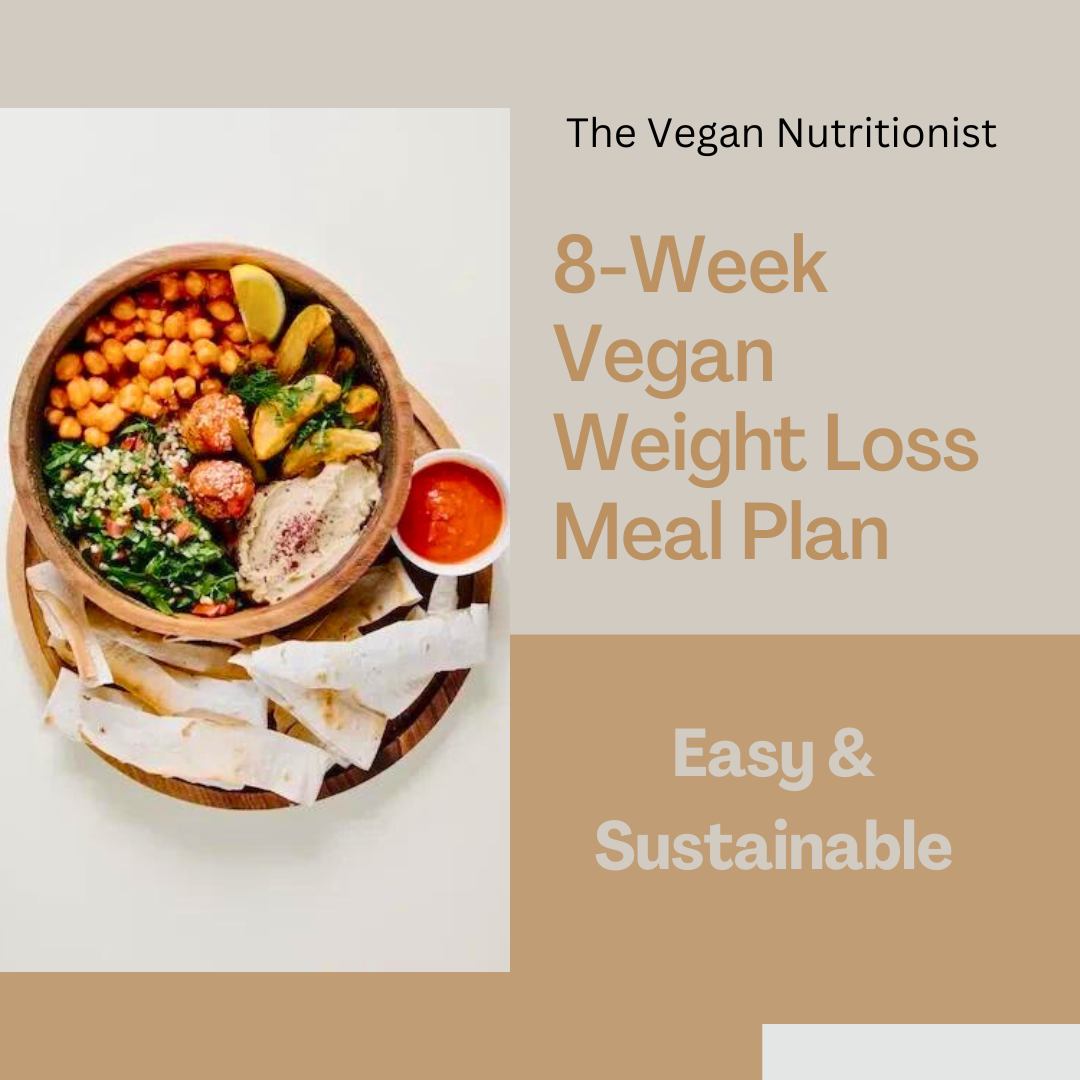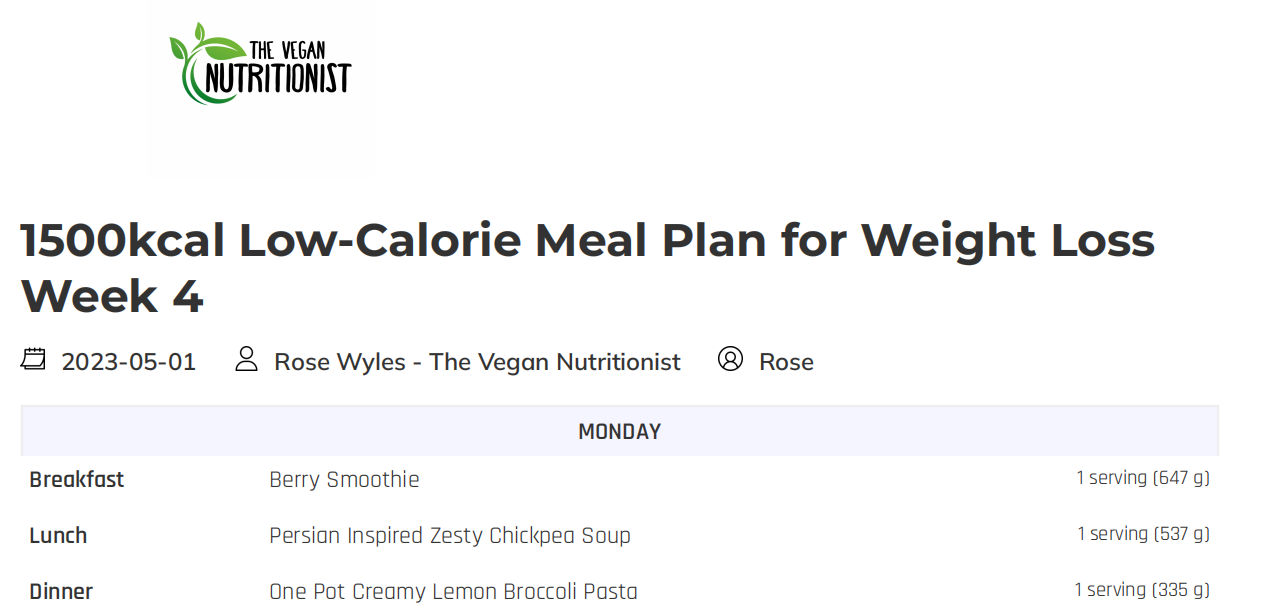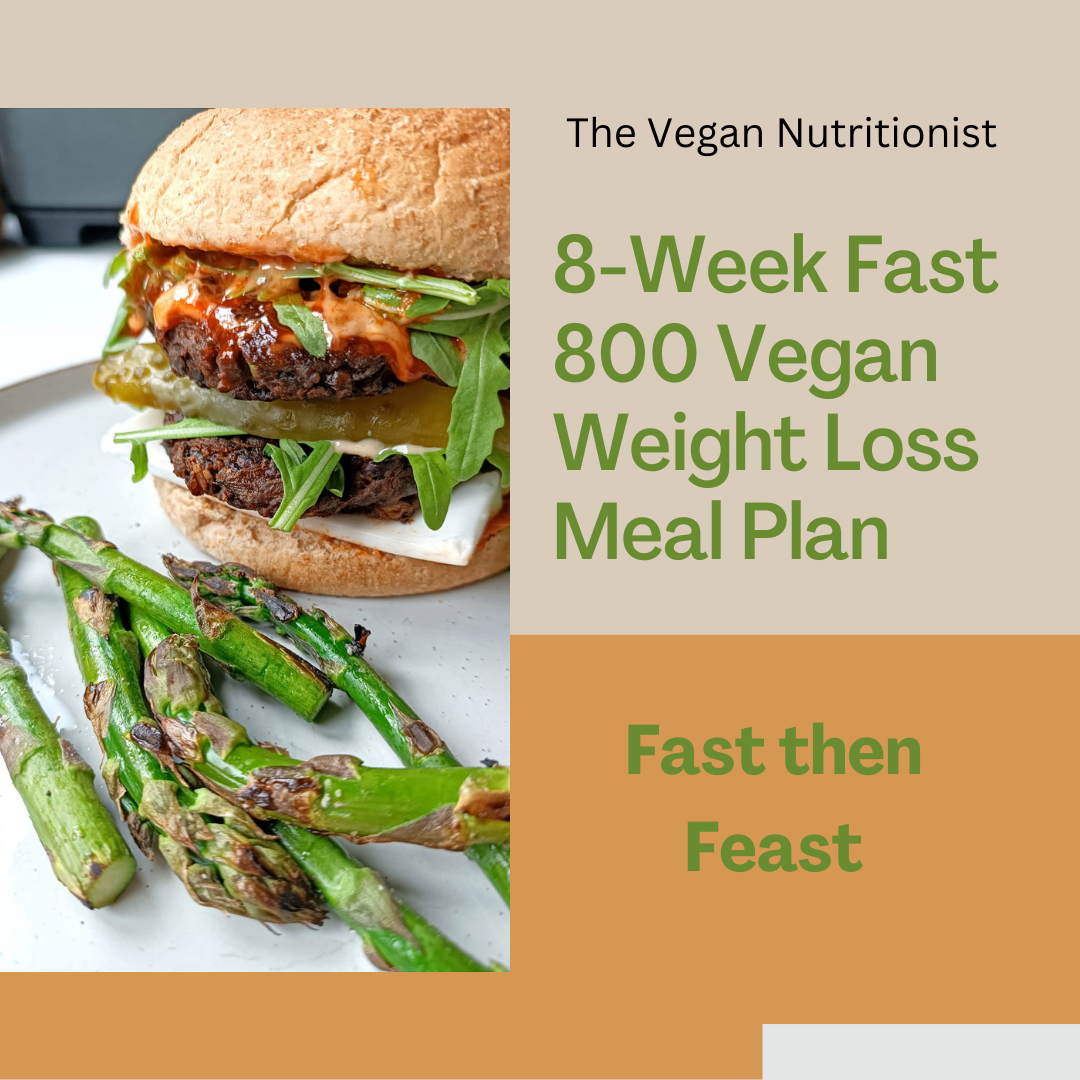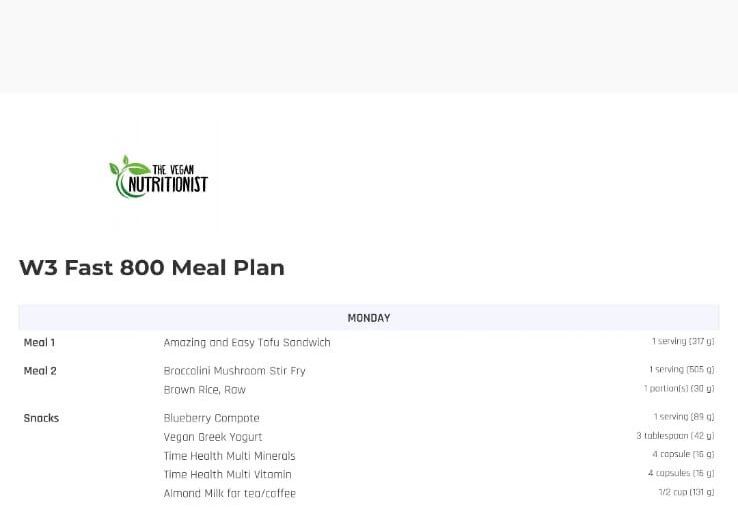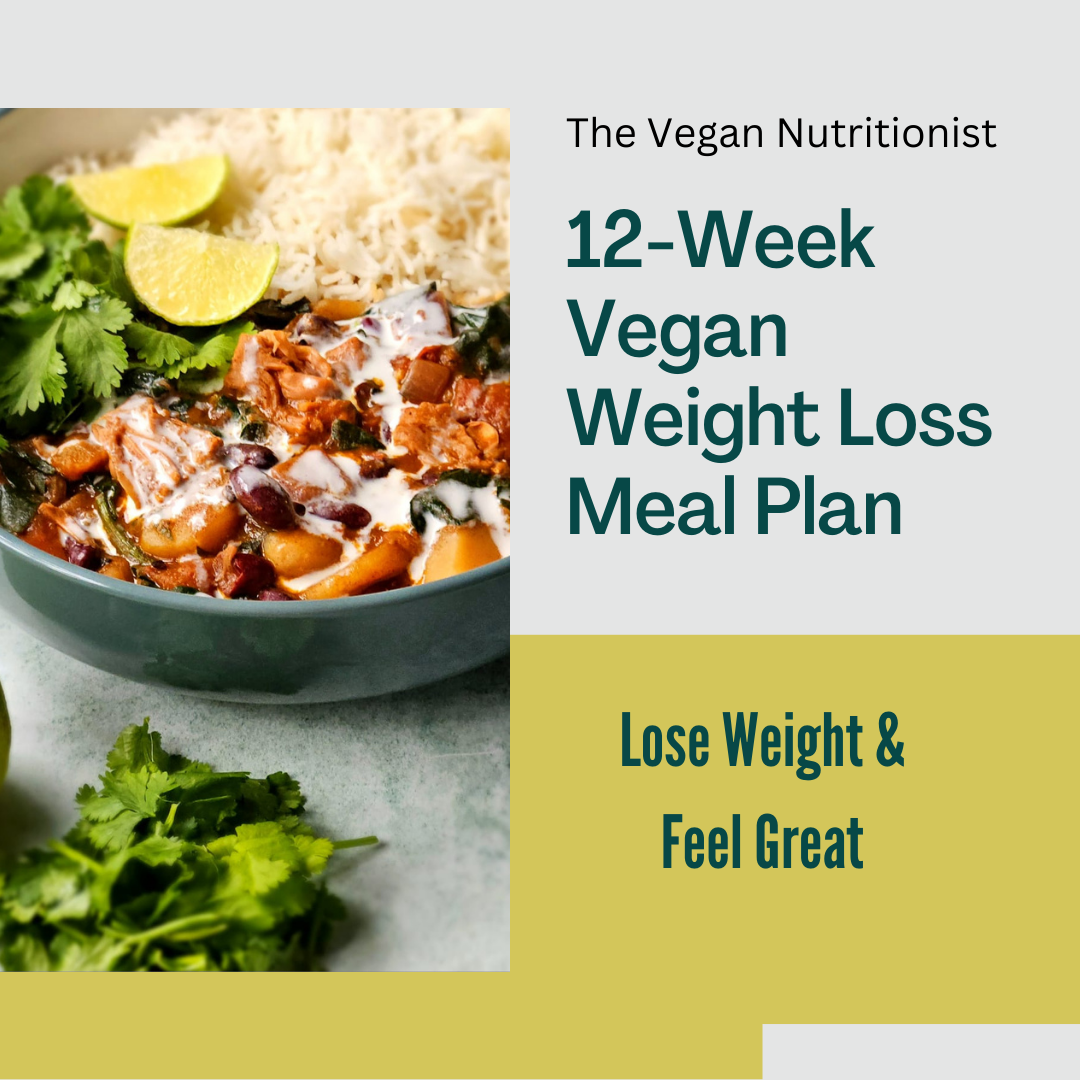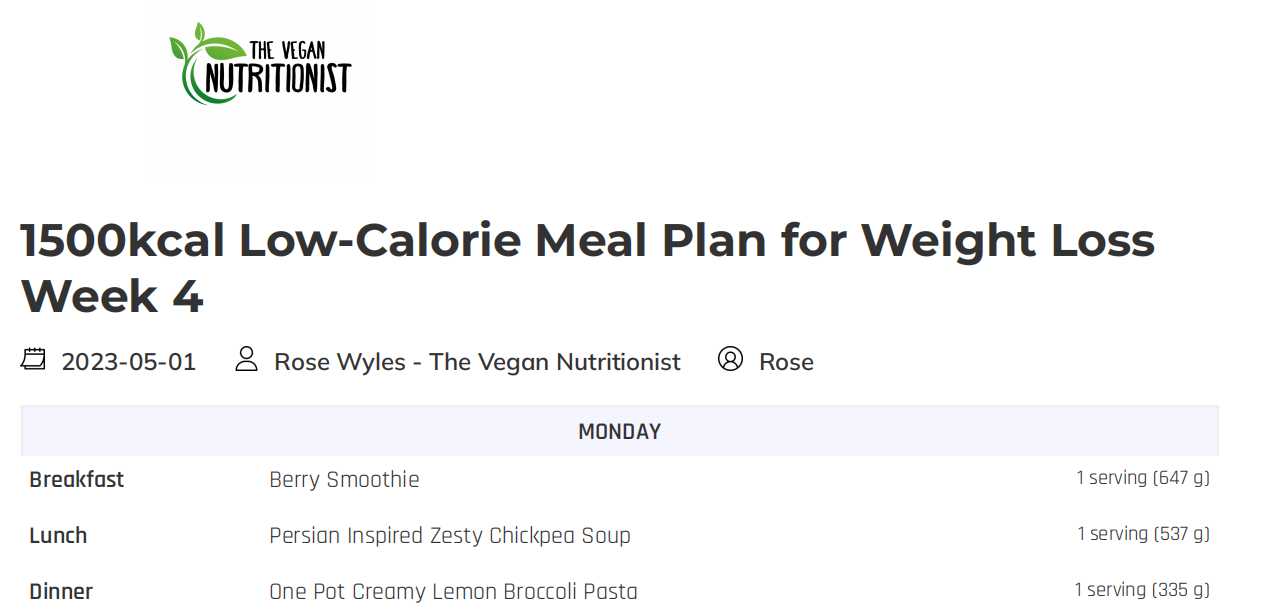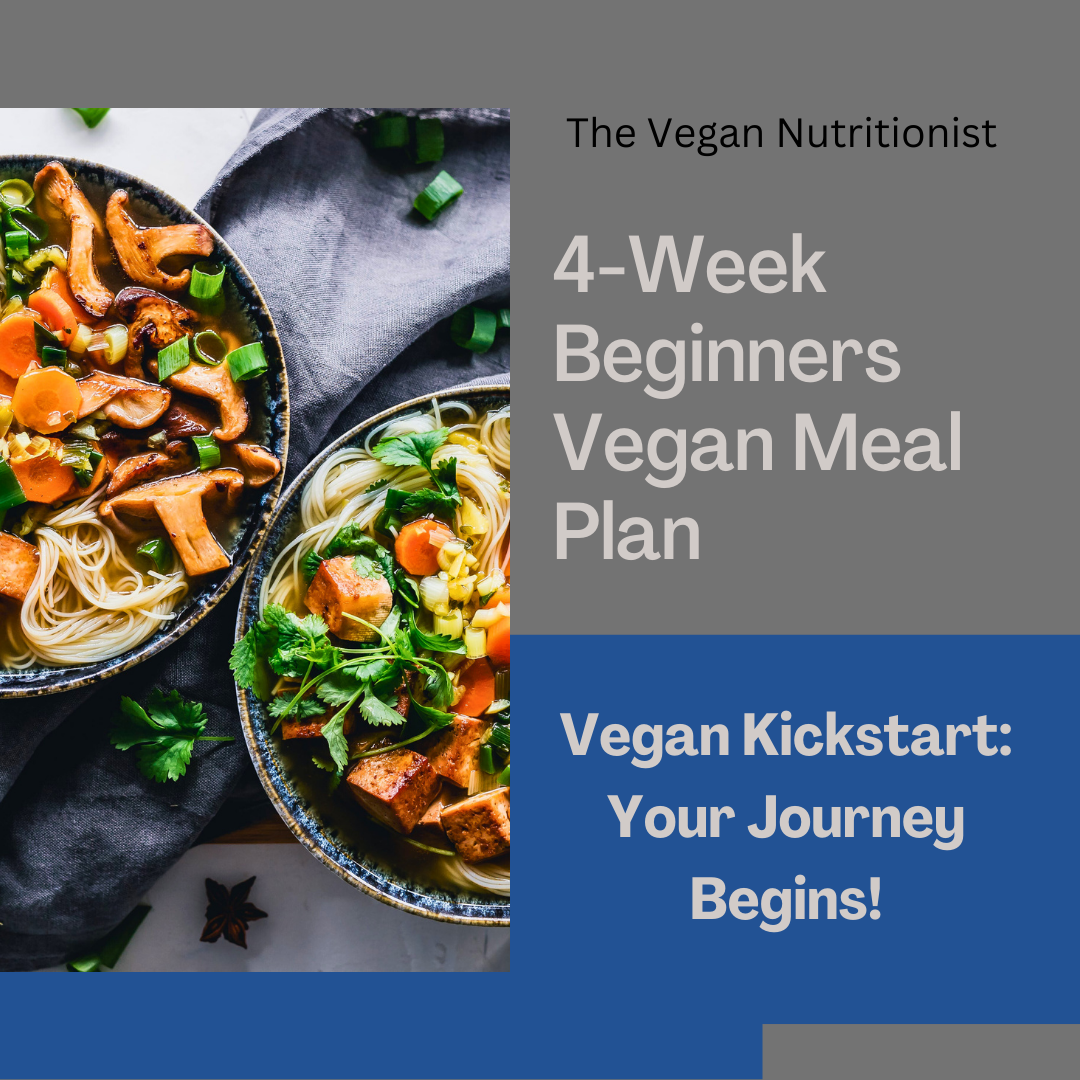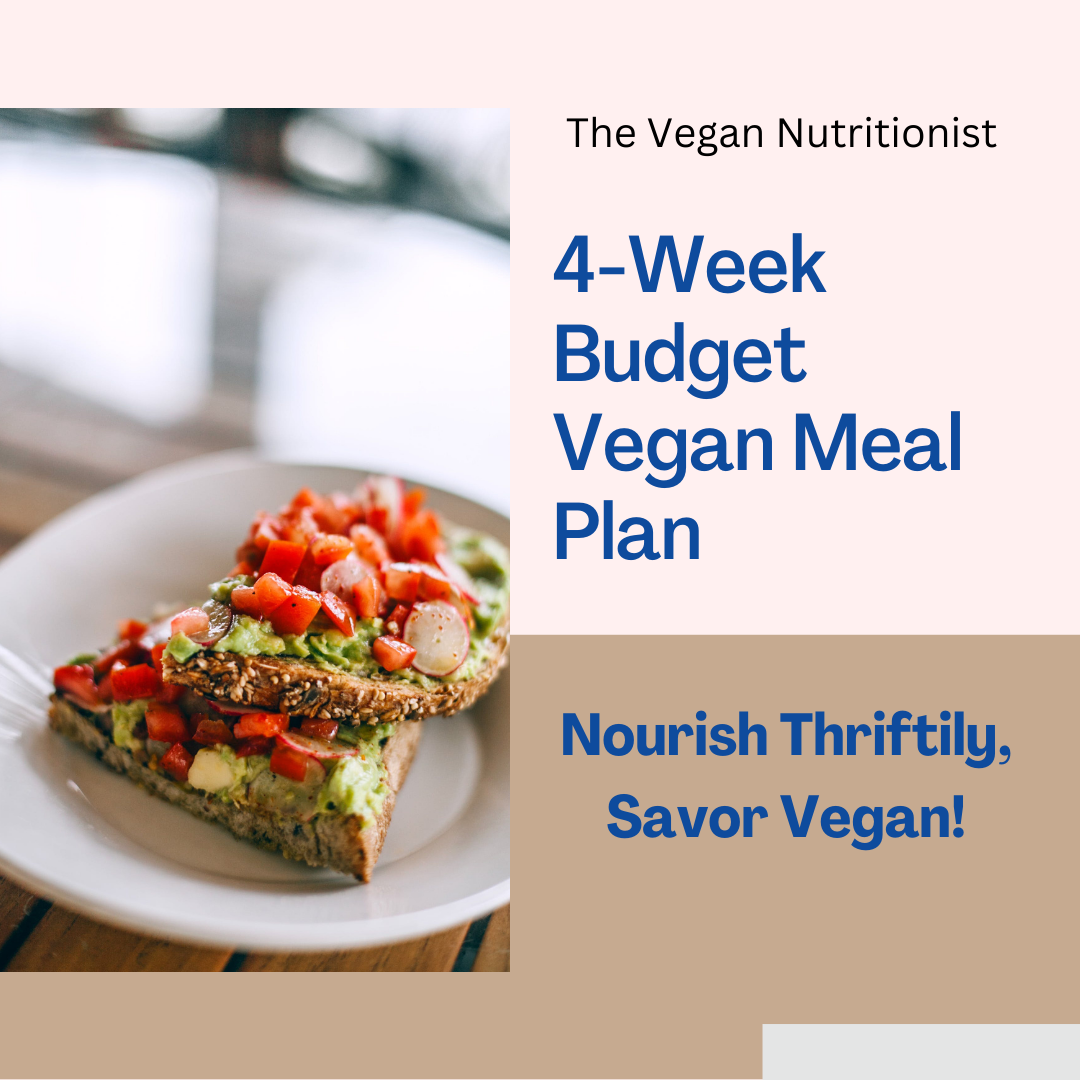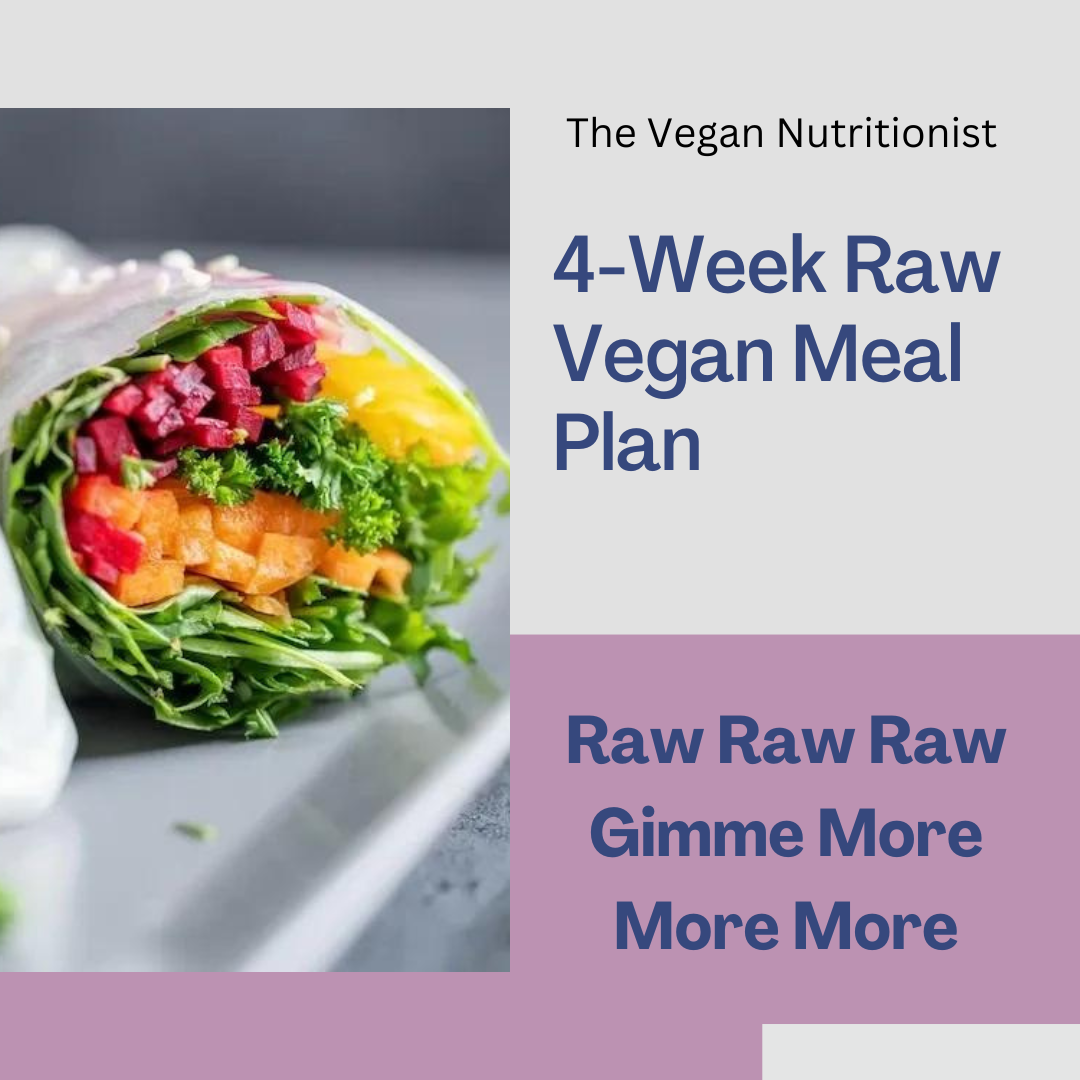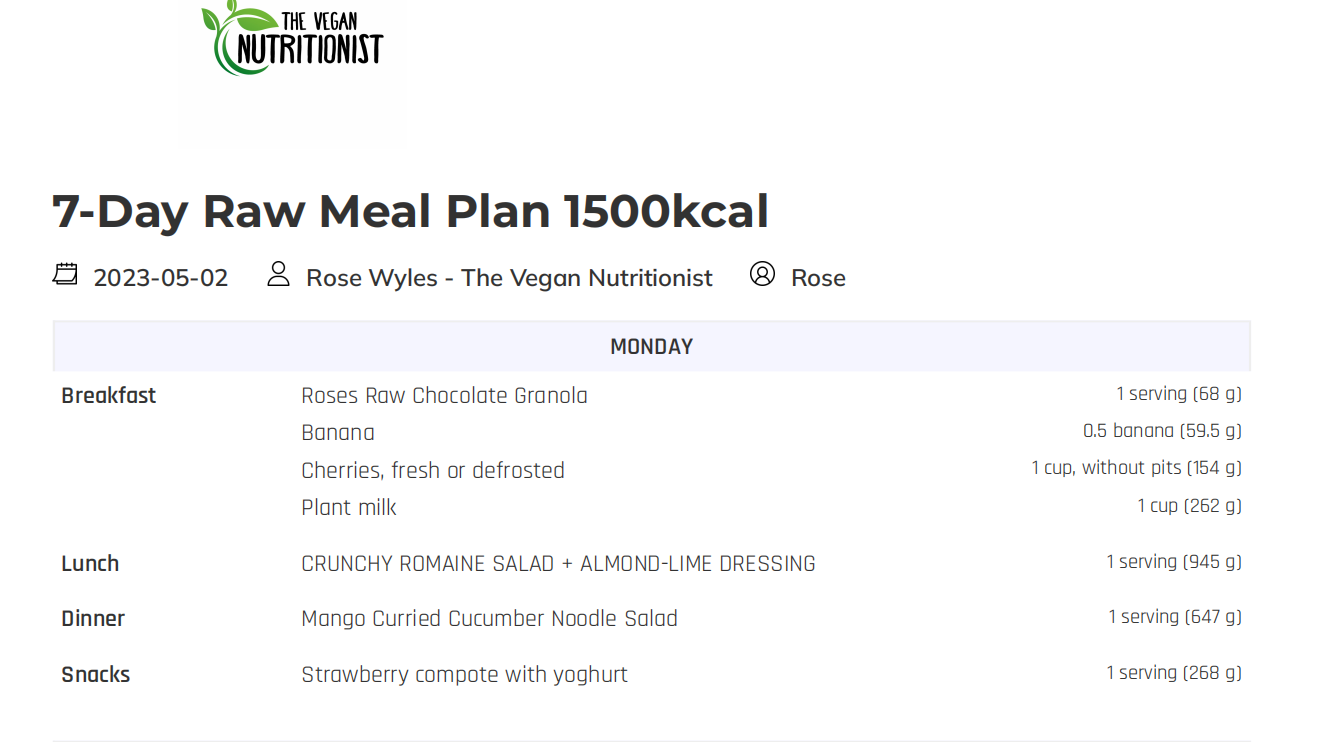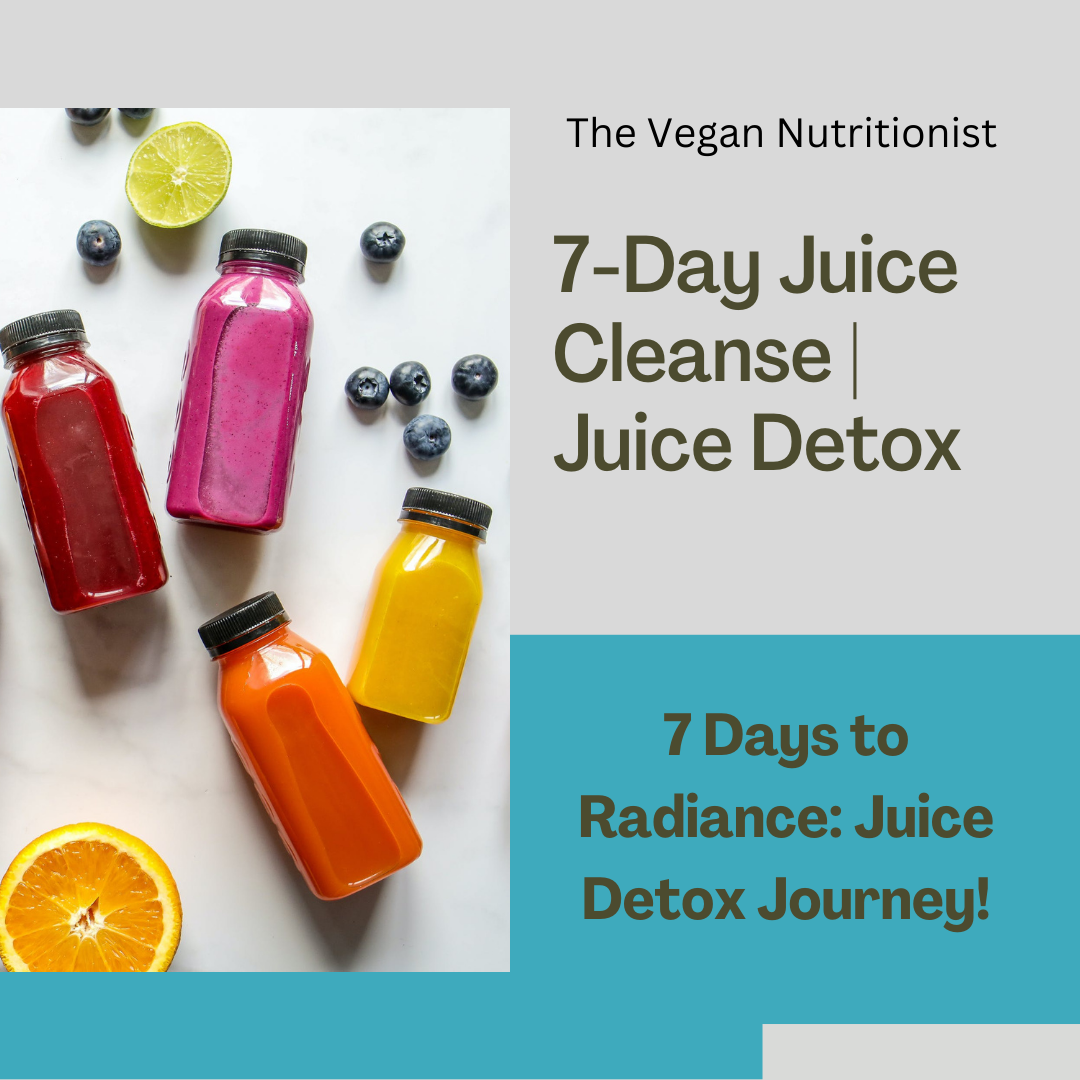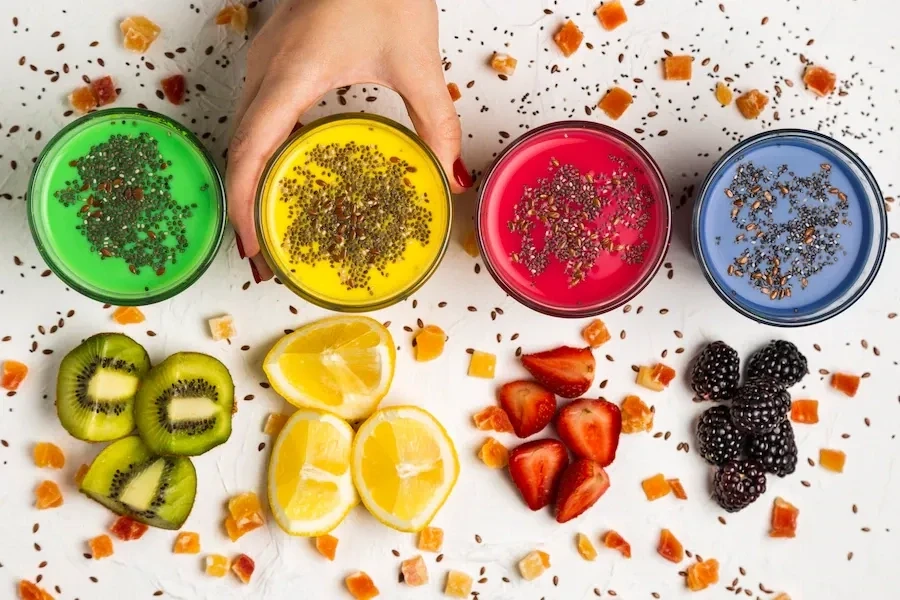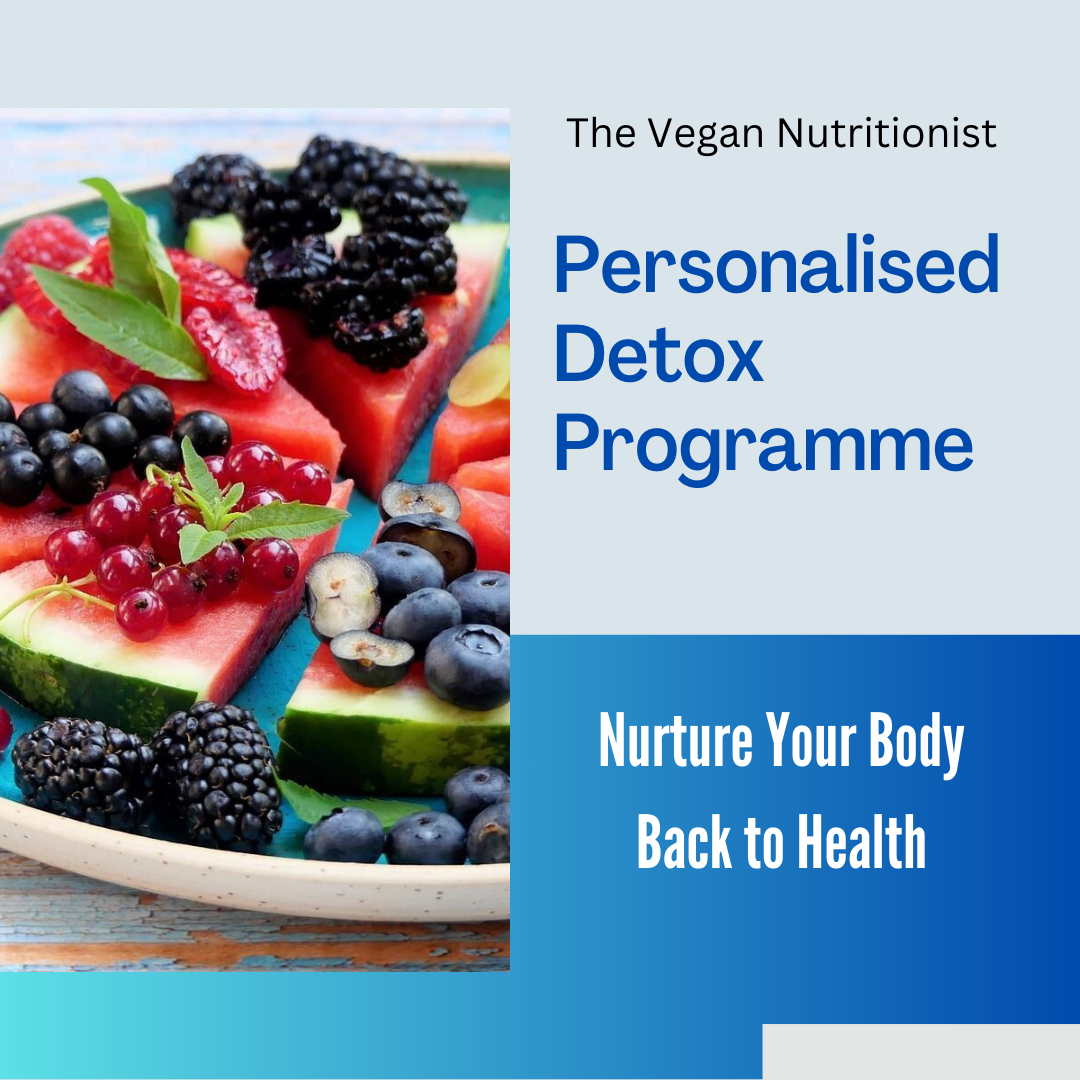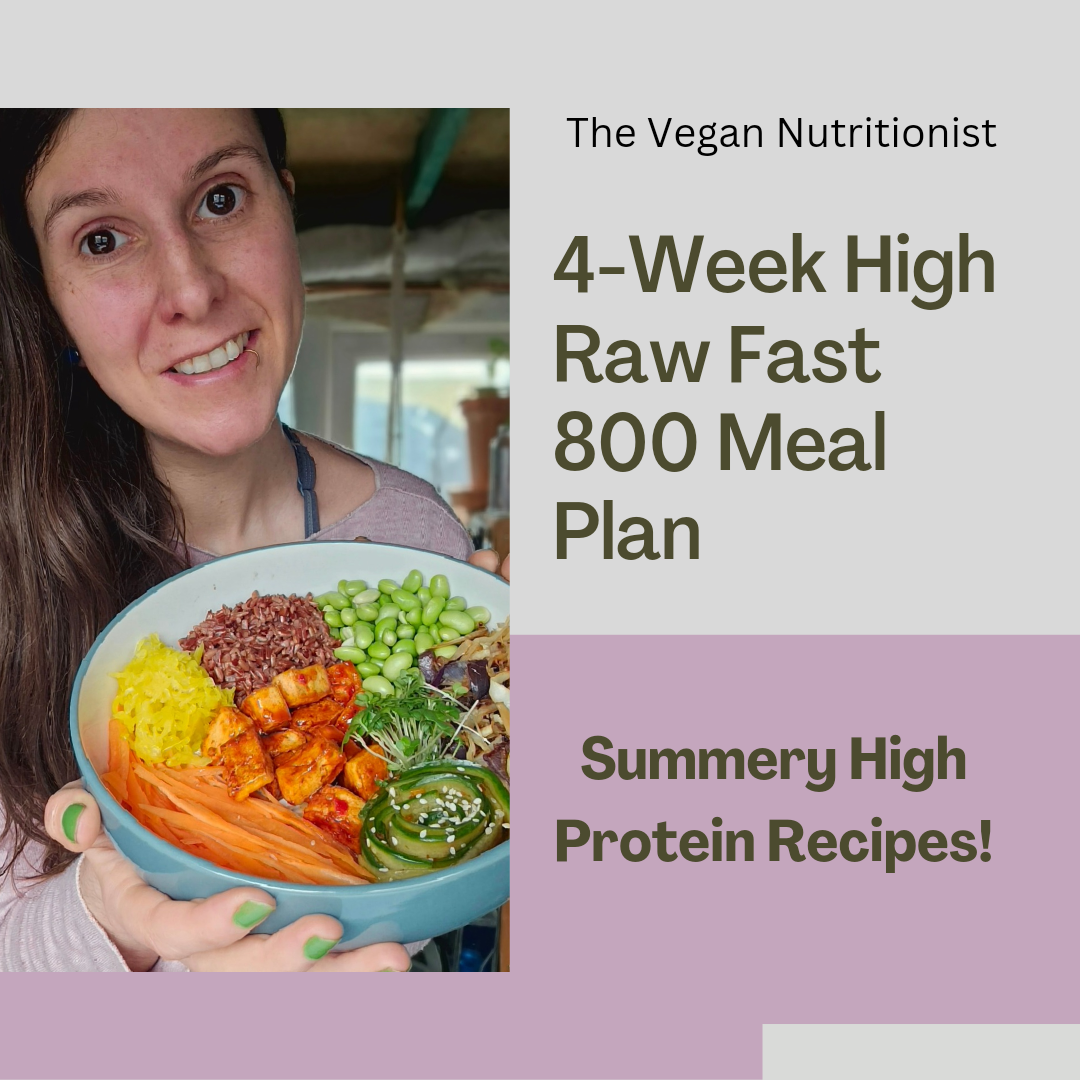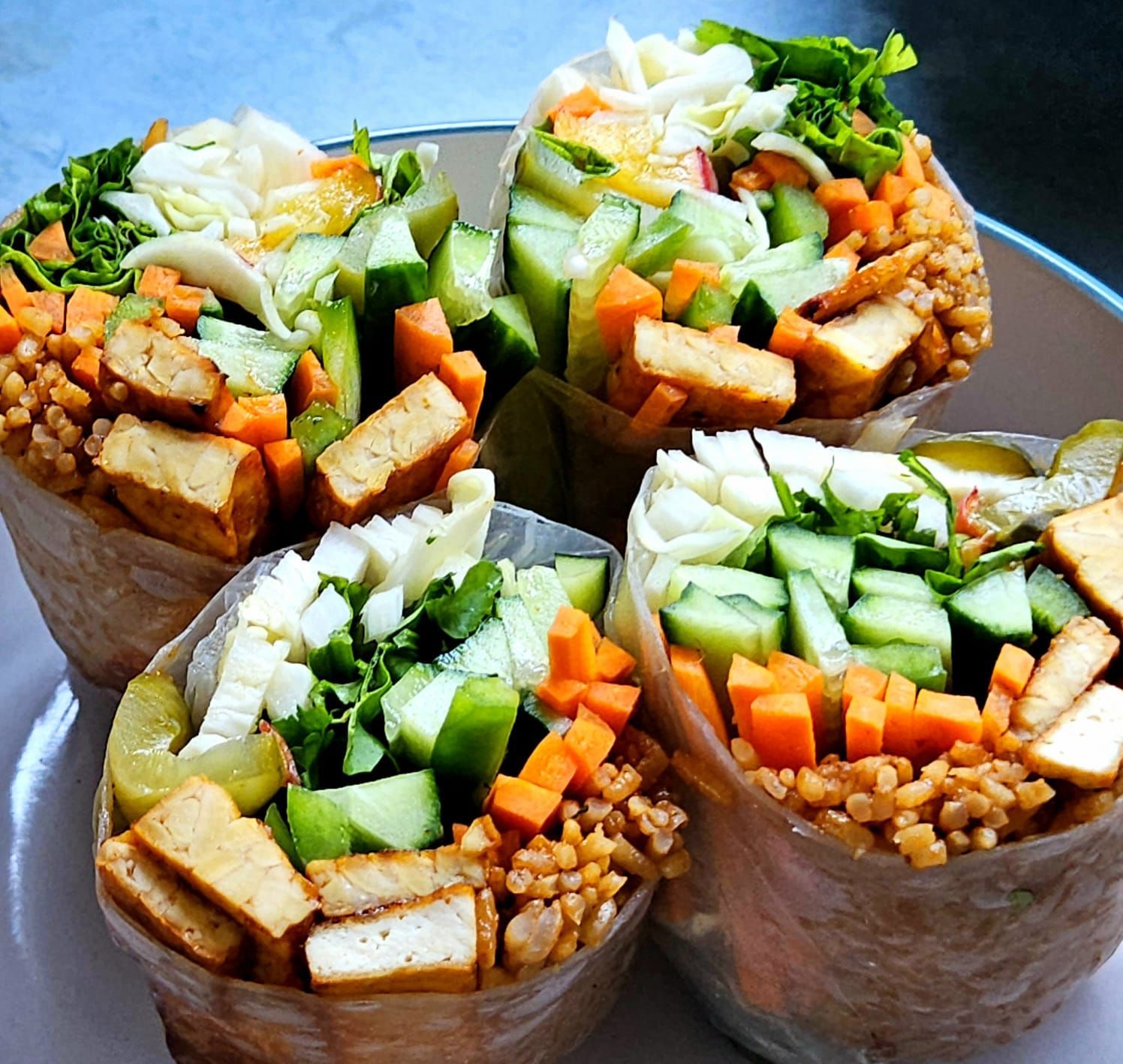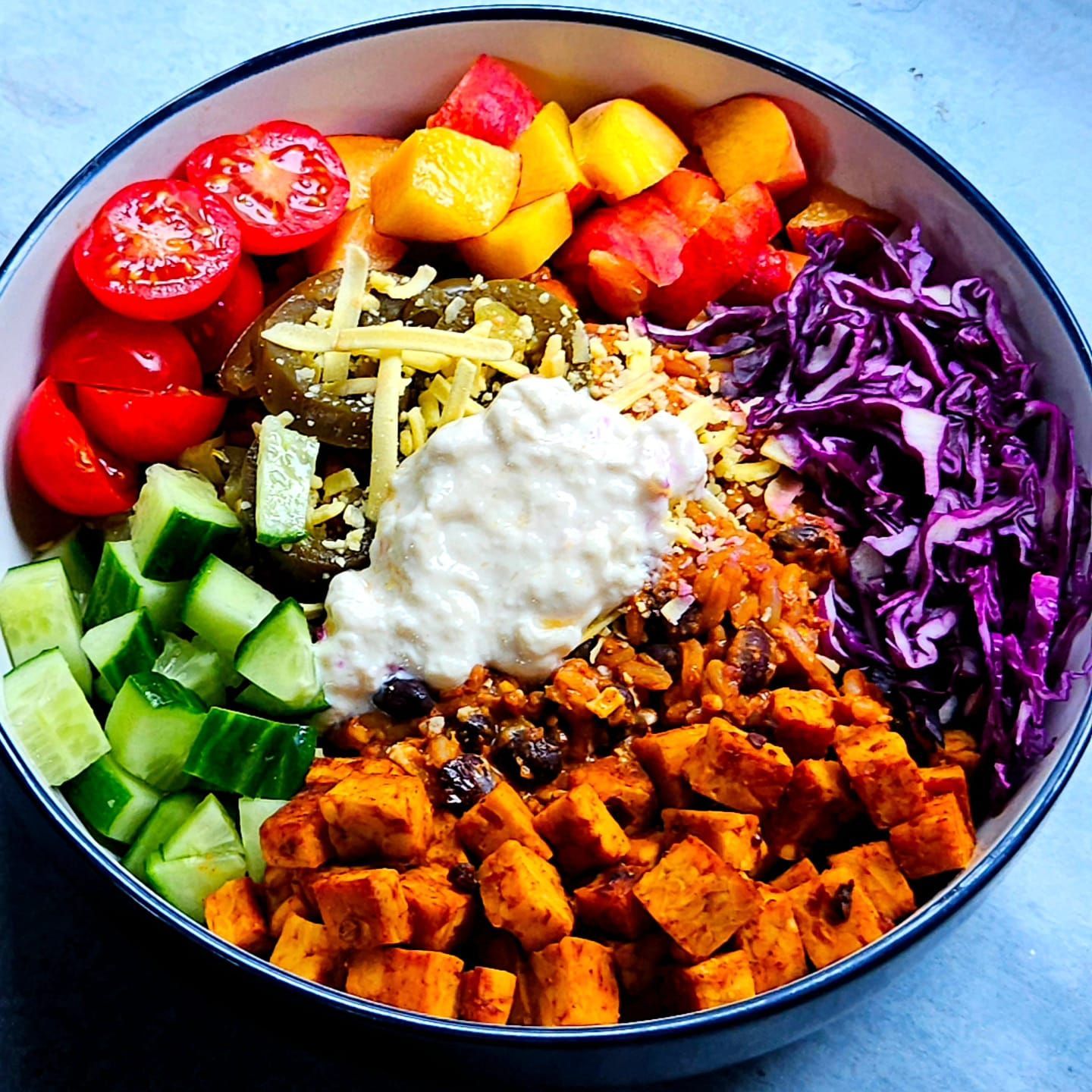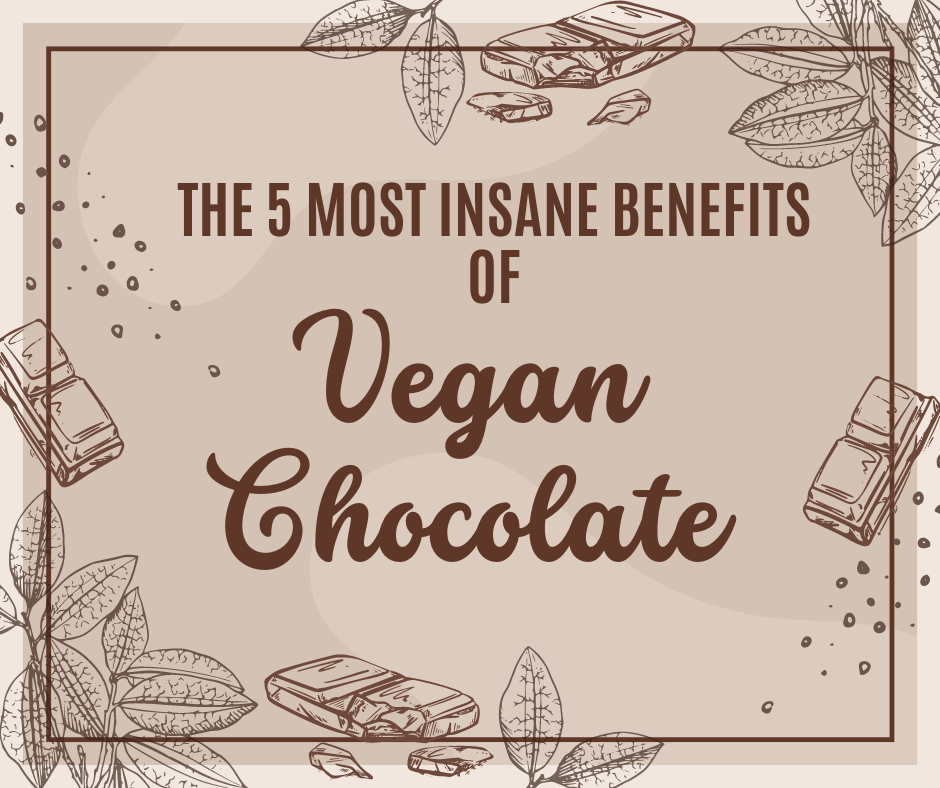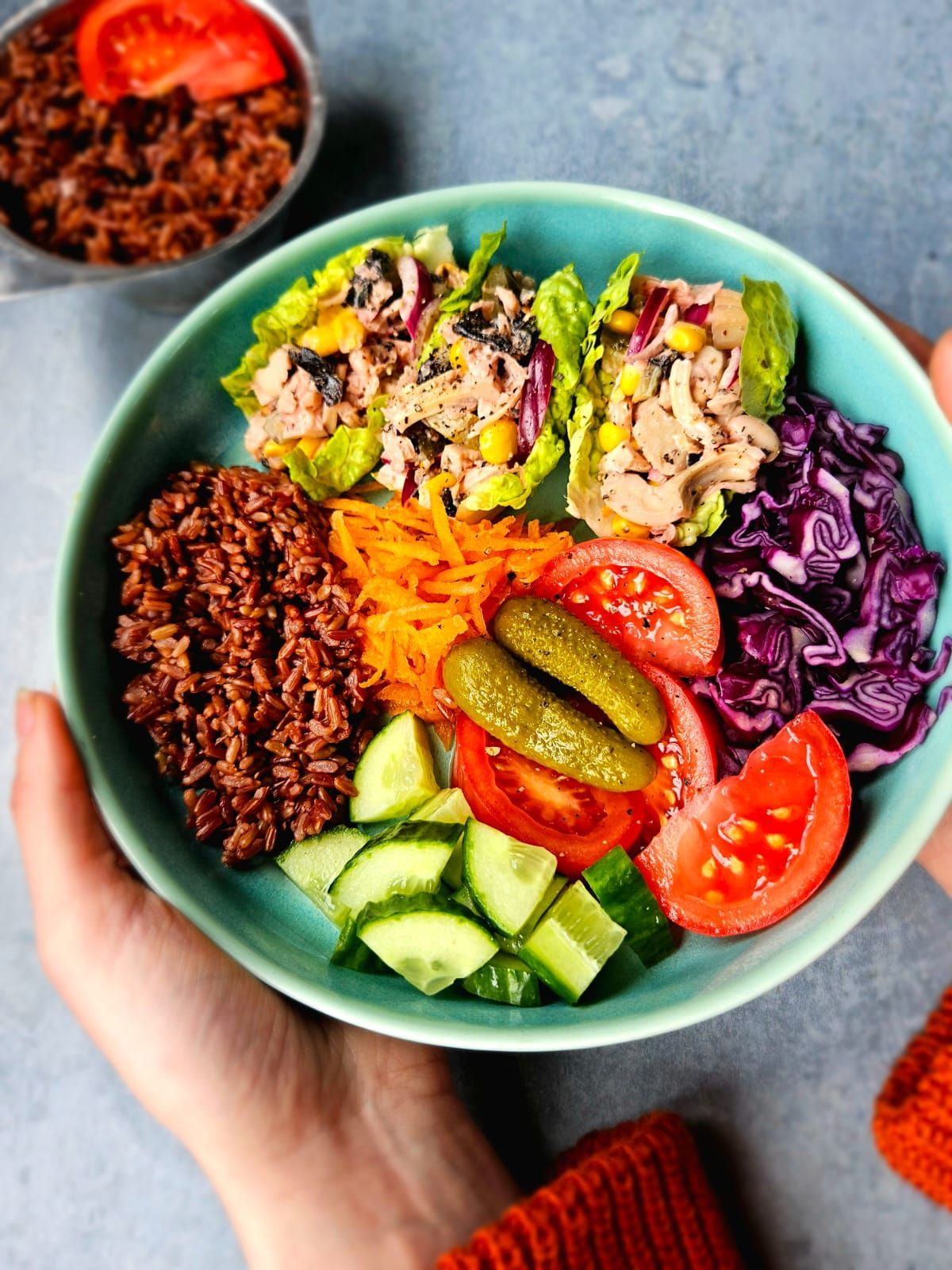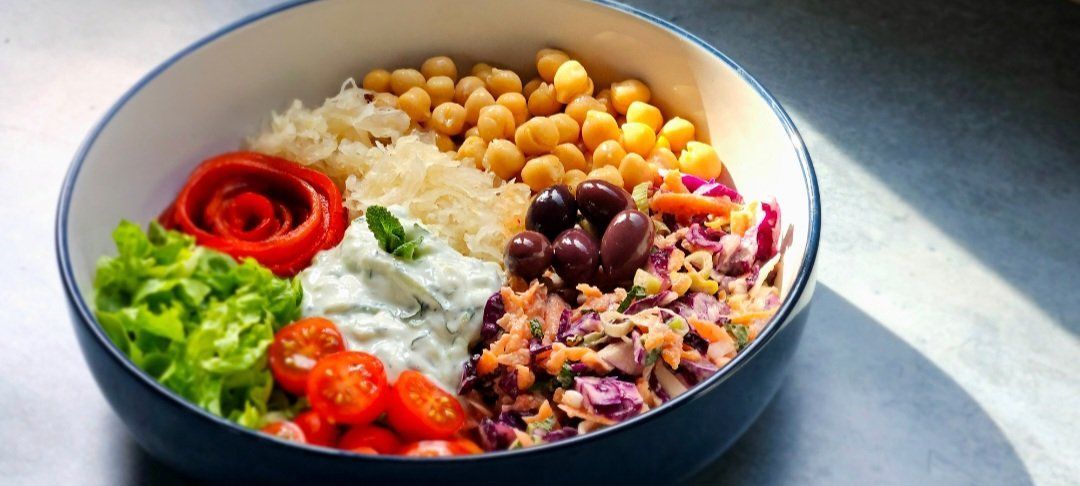Why Honey is not Vegan
I'm sure you've heard that honey is not vegan. But why is this? What are the issues around honey? Is there a healthy honey substitute? Why don't vegans eat honey? What's wrong with honey? Read on and find out!
Firstly, it's important to understand that vegans avoid all animal products including those produced by bees.
I have been conscientiously following a vegan lifestyle for several years, giving preference to plant-based foods while avoiding animal-derived products. As part of my practice, I refrain from consuming honey since it is made by bees for bees and is considered an animal byproduct that doesn't align with the principles of veganism.
Veganism is the practice of abstaining from the use of animal products and their byproducts. A vegan diet consists of plants such as fruit, vegetables, grains, nuts and seeds. For a Vegan to consume products that come from animals such as Honey is considered a contradiction of their vegan beliefs.
If you're currently reading this, it's possible that you are already aware of the fact that honey is not considered a vegan food. However, if you happen to be unclear on why vegans refrain from consuming it, there exist various reasons - such as animal cruelty and environmental damage leading to extinction of species- rendering its consumption morally questionable.
Fortunately, there are plenty of healthy and nutritious plant-based alternatives available as substitutes.
In this article, we will explore the reasons why honey is considered non-vegan and a form of animal exploitation. We'll also delve into how honey production harms our planet through its destructive industry practices. Finally, we will provide ethical justifications for abstaining from honey consumption and offer some nutritious vegan substitutes as alternatives.
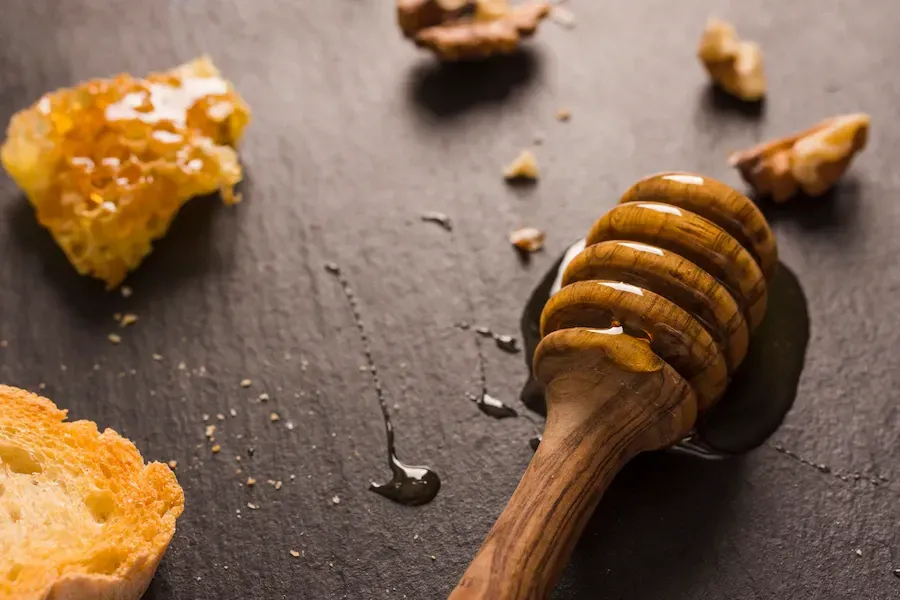
What is Honey?
Honey is a sweet substance that originates from bees collecting nectar from flowers. These hardworking insects process the collected nectar within their digestive system, eventually storing it in wax cells located in their hives where it ferments and transforms into mead- an alcoholic solution.
As they continue to visit diverse flower varieties, these bees incorporate grains into the hive which contain protein and fat enzymes aiding in breaking down starches or cellulose compounds. As this occurs, glucose molecules are created, eventually leading to the formation of honey.
Why Vegans Avoid Honey
Despite the fact that bees produce honey naturally, its production is not an ethical process applicable to veganism. The production of honey involves some forms of animal exploitation where the bees are exploited for their labour and might be subjected to harmful practices by beekeepers that can severely impact their wellbeing.
Beekeepers commonly remove honey from bees by over-harvesting, leaving the bees with little to no honey for themselves and instead giving a processed substitute which is devoid of the same nutrition that honey provides. This practice can lead to starvation and malnutrition of the bees, ultimately contributing to millions being killed year after year.
Bees create honey for their own consumption during the winter months, but when beekeepers remove it for human consumption or economic purposes, they are stealing from the bees and interfering with their natural lifestyle.
Although bees are commonly viewed as a helpful insect, the production of honey by exploiting them results in harmful effects on our planet caused by pesticide use, monoculture farming and biodiversity reduction. In order to ensure ethical practices and maintain sustainability for the environment, it is crucial for vegans to refrain from consuming honey.
There are various reasons why vegans avoid consuming honey
While some may argue that it is a natural product and therefore suitable for consumption, ethical concerns related to beekeeping practices cannot be ignored. Bees play an essential role in pollinating plants and crops, but commercial beekeeping often involves exploiting their labour by forcibly extracting large amounts of honey from their hives.
This process can lead to stress on bees and even result in colony collapse disorder, which has significant implications for ecosystems as well as food production systems. Additionally, many commercial operations use pesticides or other chemicals that can harm not only the bees themselves but also other animals who depend on them for survival.
Thus, from an ethical perspective, veganism extends beyond avoiding animal flesh or products derived directly from animals; it encompasses consideration for all sentient beings impacted by human actions - including insects like bees. As such, those who follow a vegan lifestyle choose alternative sweeteners like maple syrup or agave nectar rather than supporting industries with questionable practices.
The decrease in wild bee populations and damage to ecosystems have been attributed to commercial beekeeping. The act of producing honey is not only ethically questionable due to animal welfare concerns, but it also has detrimental effects on the environment.
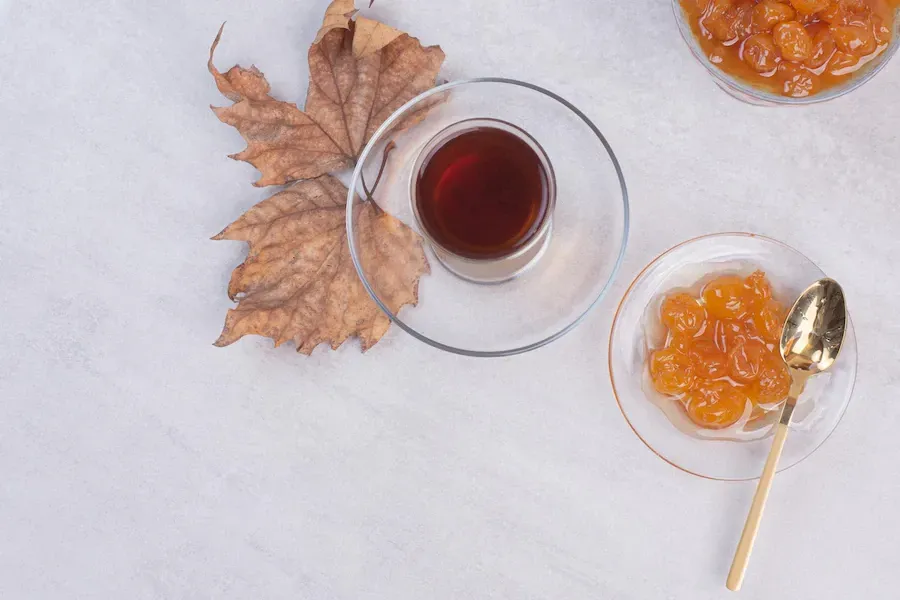
Alternatives to Honey for Vegans
There are many alternatives to honey for vegans. Switching to eco-friendly and vegan alternatives can be an excellent way to practice sustainability while still satisfying your sweet tooth. Some alternatives and their benefits are listed below.
Maple Syrup, is made from the sap of maple trees. It is a popular alternative to honey for vegans as it has a deliciously unique sweet taste, and can be used for a variety of purposes like baking, cooking, and as a topping. It also contains a variety of antioxidants and minerals, such as manganese and zinc, that promote healthy immune function.
Agave Syrup, comes from the core of the agave plant and can be used as a sweetener or in baking. It is a popular vegan alternative to honey due to its lower glycemic index and sweeter taste. The nutritional benefits of maple syrup include nutrients such as zinc and manganese, which are essential to bodily functions.
Date Syrup, is made from dates that have been cooked down until they're thick and sweet. It is another vegan option that has vitamins and minerals such as potassium, magnesium, and iron.
Coconut Nectar, is extracted from coconut tree flower buds, it has a low glycemic index and health benefits. It improves digestion by containing prebiotics and reduces cholesterol levels. Additionally, it boosts immunity and helps control blood pressure.
Dandelion Honey is a plant-based alternative to traditional honey that offers many health benefits. Some of the benefits of dandelion honey include its ability to boost the immune system, lower inflammation in the body, and aid in digestion.
Overall, switching to vegan sweeteners such as agave syrup or date syrup benefits animal welfare and promotes a healthier planet through sustainable agriculture and responsible consumption. Vegans do not have to compromise their nutritional intake while maintaining ethical practices and sustainability for the environment by avoiding honey consumption.
The Benefits of Eating Honey Alternatives
The benefits of honey alternatives are numerous and extend far beyond compassion for animal welfare. By making the switch to these alternative sweeteners, you can contribute to a more sustainable and eco-friendly world while enjoying delicious and nutritious foods.
By incorporating a variety of vegan sweeteners such as agave syrup, date syrup and coconut nectar into your diet, you are making a conscious effort to advocate for animal welfare, reduce your carbon footprint and ultimately lead a healthier lifestyle.
Remember, every small change counts towards creating a sustainable future for ourselves and generations to come. It's important to remember that making small changes in our daily lives can have a significant impact on the environment.
So, why not start with something as simple as choosing an eco-friendly and vegan sweetener?
Not only will it make a positive impact on the planet and animals, but it can also improve your health by providing nutritional benefits.
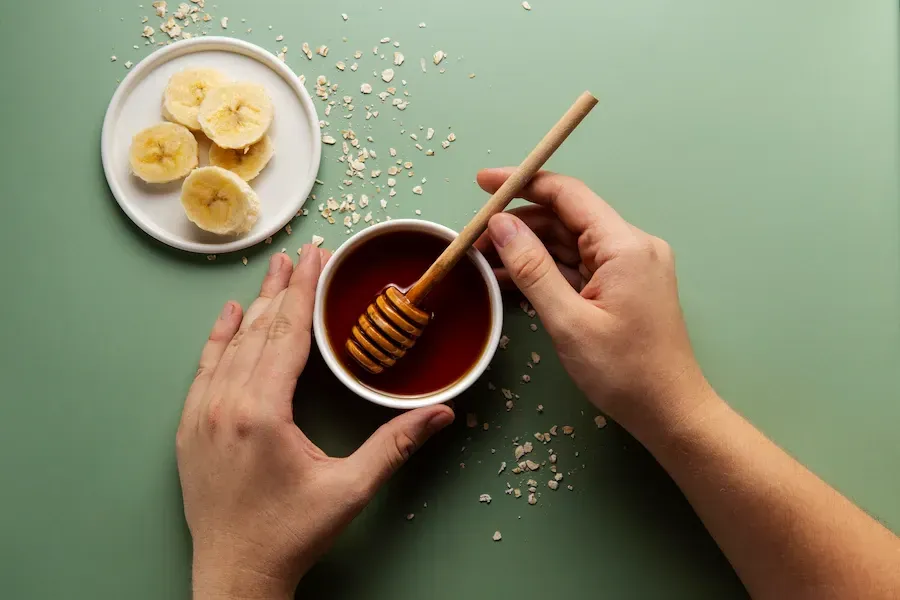
How to Make your own Vegan Honey Substitute
If you're looking for a sustainable and ethical honey alternative to use in your cooking or baking, try making a simple syrup using dandelion flowers. Dandelions are a great alternative to honey because they are easy to find and can be foraged from wild areas or even your own backyard.
Ingredients:
- 150 Dandelion heads rinsed
- 1 tsp of vanilla extract
- 1 lemon juiced
- 1 pinch of salt
- 1 litre of boiling water
- 700g natural sugar
Method:
- Bring everything except the sugar to a boil and allow it to simmer for half an hour, then filter the mixture to obtain a golden-colored liquid.
- Then add the sugar.
- Allow the mixture to simmer on low heat for a period of 2-3 hours until it is reduced. Transfer into sterilized containers and let it cool down, voila!
You now have your very own plant-based honey substitute.
To ensure safe consumption and use in recipes like the plant-based honey substitute, it is important to select bright yellow dandelions that are not wilted or brown. It's also crucial to gather them from a location free of chemical or pesticide usage.
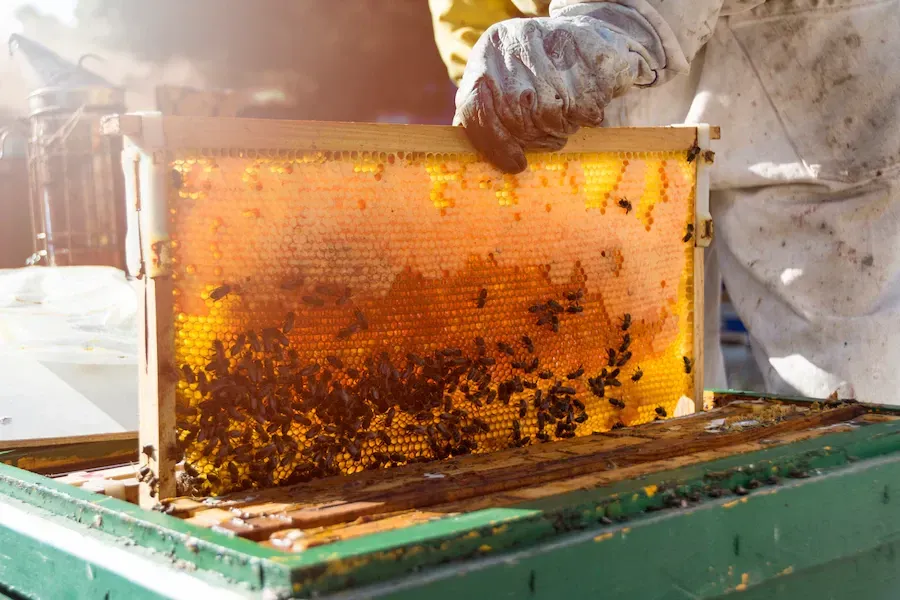
The Impact of Beekeeping on Bees
Beekeeping is the practice of keeping bees for honey, pollen and propolis. Beekeepers often claim that their industry is good for bees, but in fact it's quite the opposite. Beekeeping can have a negative impact on both colony numbers and population size.
The practice of keeping bees in captivity has caused many problems for wild populations of pollinators: pesticides and habitat loss have led to serious declines in bee populations around the world. For this reason, it's important to choose a sustainable and ethical honey alternative that does not contribute to the exploitation of bees or harm their populations.
In some cases, beekeepers will remove all males from their hives so they don't breed with any other queens outside the hive (this is called "single-sex mating"). This limits genetic diversity within colonies and makes them more susceptible to disease or parasites like Varroa mites.
Bees are also often exposed to pesticides used by farmers who grow crops pollinated by honeybees (like almonds). These substances can be harmful if consumed over time--and since most commercial operations keep their bees indoors throughout the year, there's no way for them to avoid these chemicals unless they're allowed outside into nature once every few months!
The Impact of Beekeeping on the Environment
While beekeeping can have positive impacts on the environment by promoting pollination, there are also negative impacts to consider.
Some beekeeping practices can be harmful to bees and their habitats, such as using pesticides in hives or transporting them long distances for commercial purposes.
Additionally, the production of honey can cause environmental degradation if not done sustainably which by current demand is not always the case.
Despite the potential negative effects, sustainable and ethical beekeeping practices can ultimately have a positive impact on the environment. This involves avoiding taking the honey as it is their food source and instead supporting native species of bees and other pollinators that are crucial for maintaining a healthy ecosystem.
Why we need pollenating insects like bees
Bees play a crucial role in the pollination of food crops on a global scale. It is necessary to maintain their population for ensuring sustainable agriculture and ecosystem health. However, with the increasing demand for honey production, bees are often overused leading to adverse effects on their natural habitat and overall survival.
Therefore, it becomes imperative to strike a balance between human consumption and conservation efforts for maintaining an optimum bee population that benefits both humans as well as nature.
If bee populations continue to decline, wind-pollinated crops such as wheat, rice, and corn will likely thrive. However, flowering crops - including a vast majority of fruits and vegetables - would inevitably suffer greatly. This underscores the importance of supporting healthy bee populations for both ecological balance and global food security.
Pollination is a crucial process for plants, and it's not just bees that are responsible for it. Other animals such as hoverflies, bats, birds, beetles and many more also play a vital role in pollinating around 90% of the world’s flowering plants. These creatures help to transfer pollen from male flowers to female ones by visiting them for nectar or other rewards provided by the plant.
Without these animals' assistance in pollination, our ecosystems would be severely impacted as we rely heavily on flowering plants for food production and ecosystem health.
Conclusion
Share this Post!
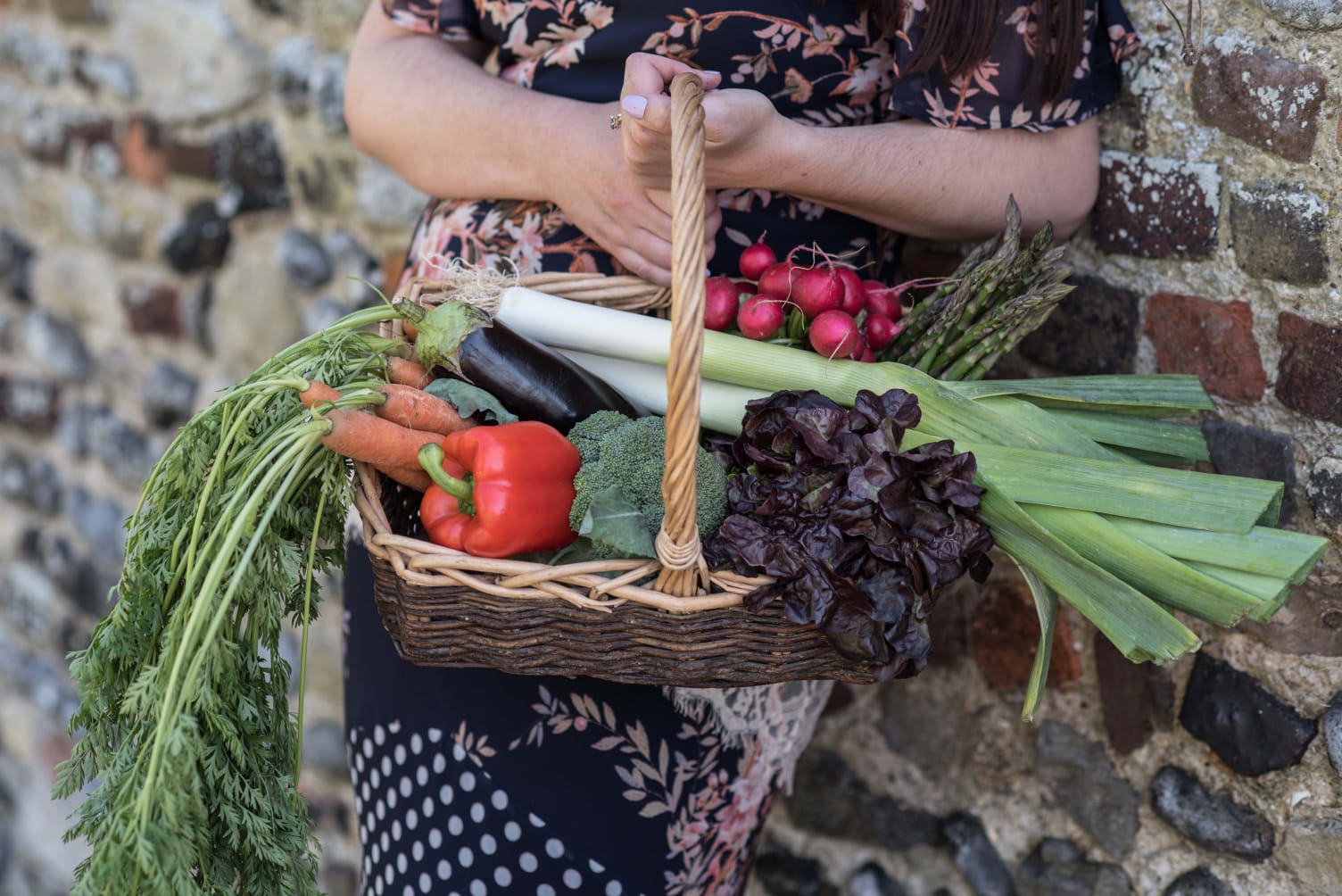
Reach out by sending me an email
Need assistance with your diet or health goals? I'm here to help. Send me a message and I'll be in touch.
